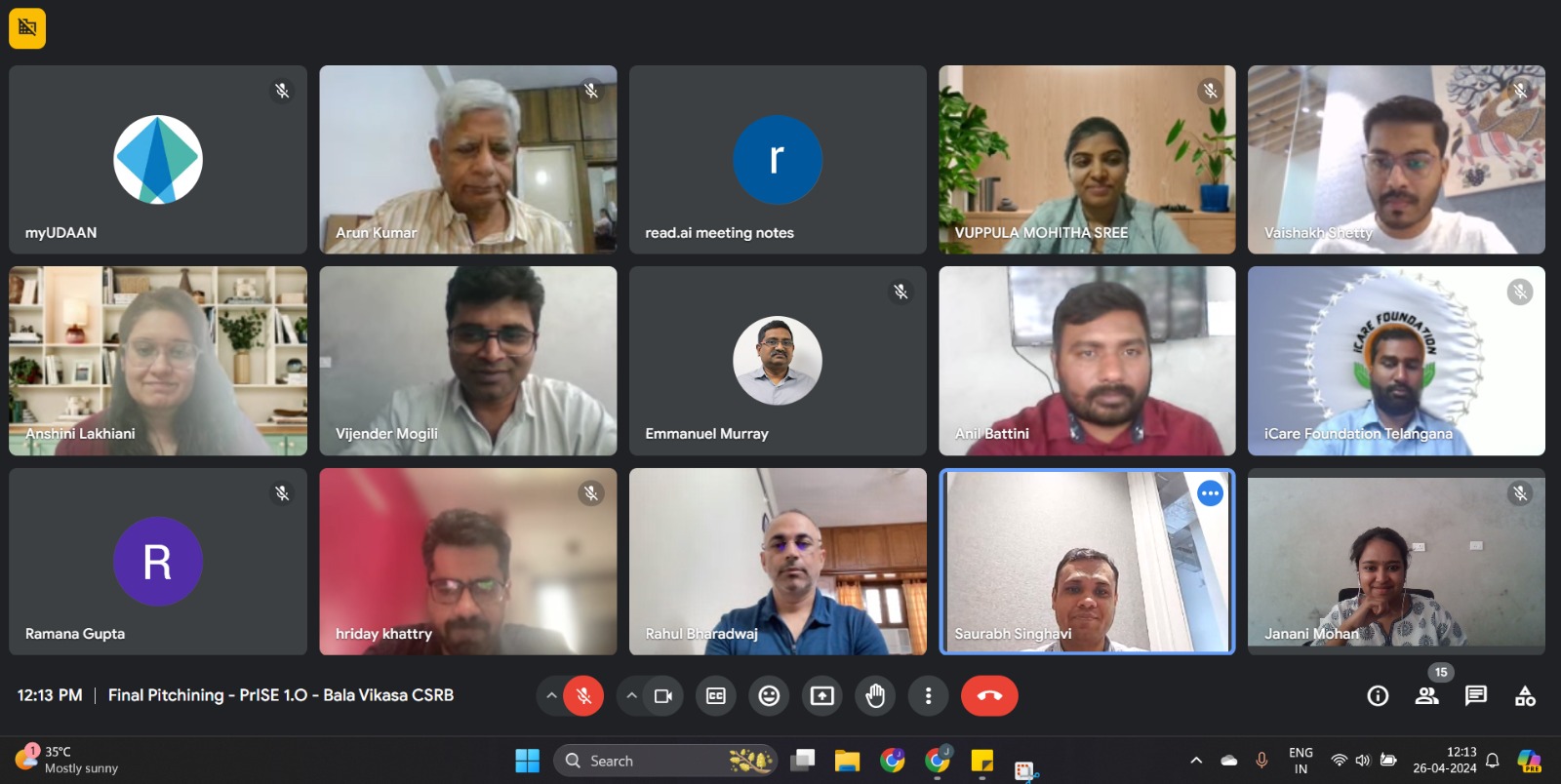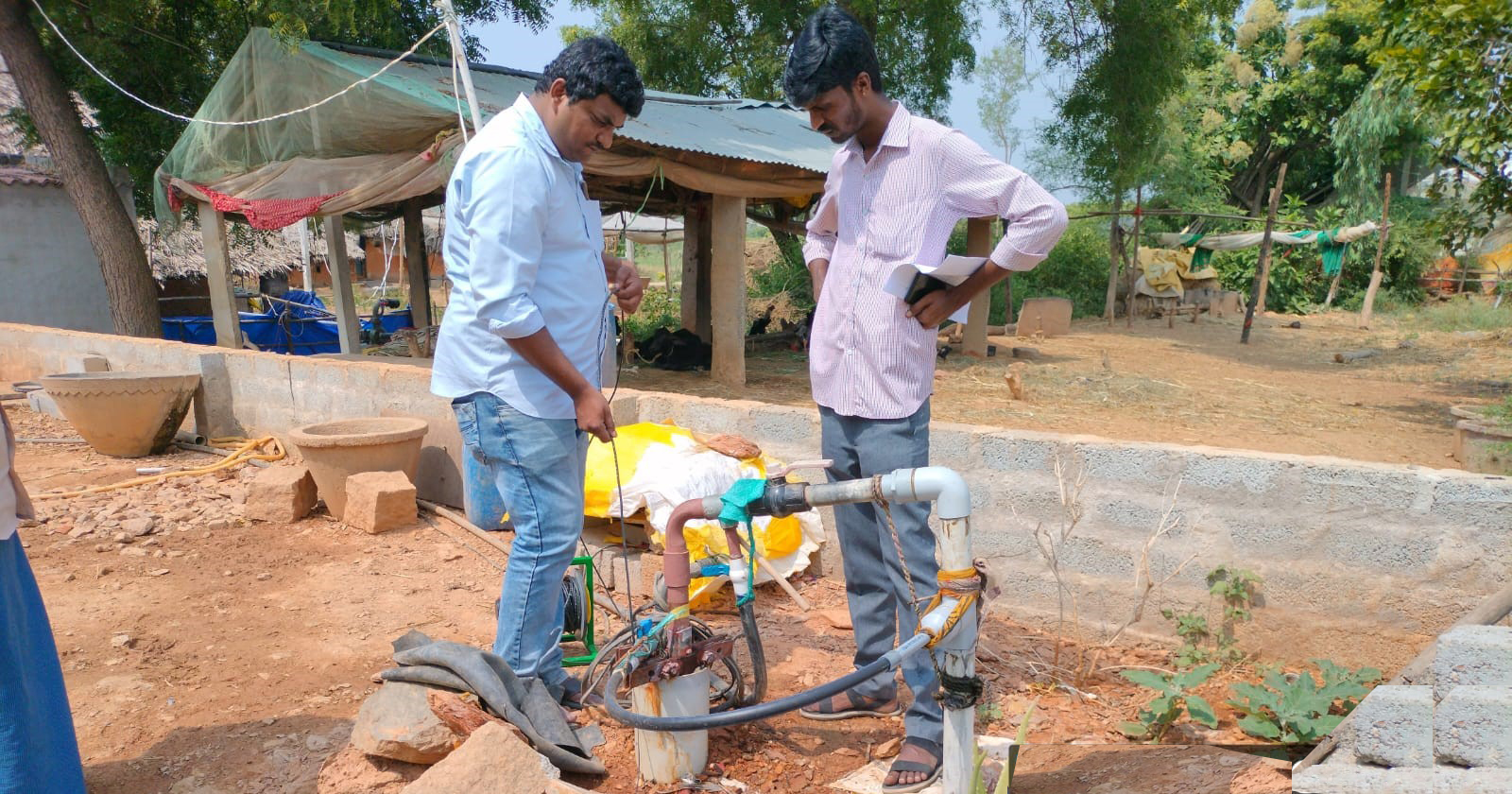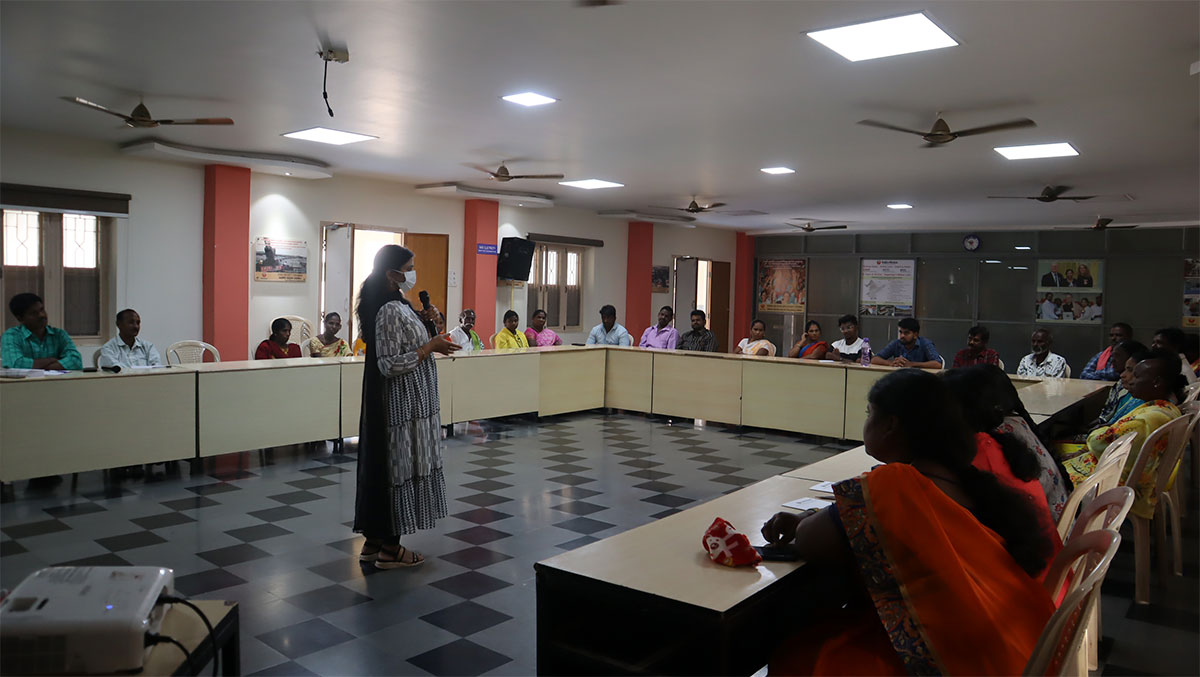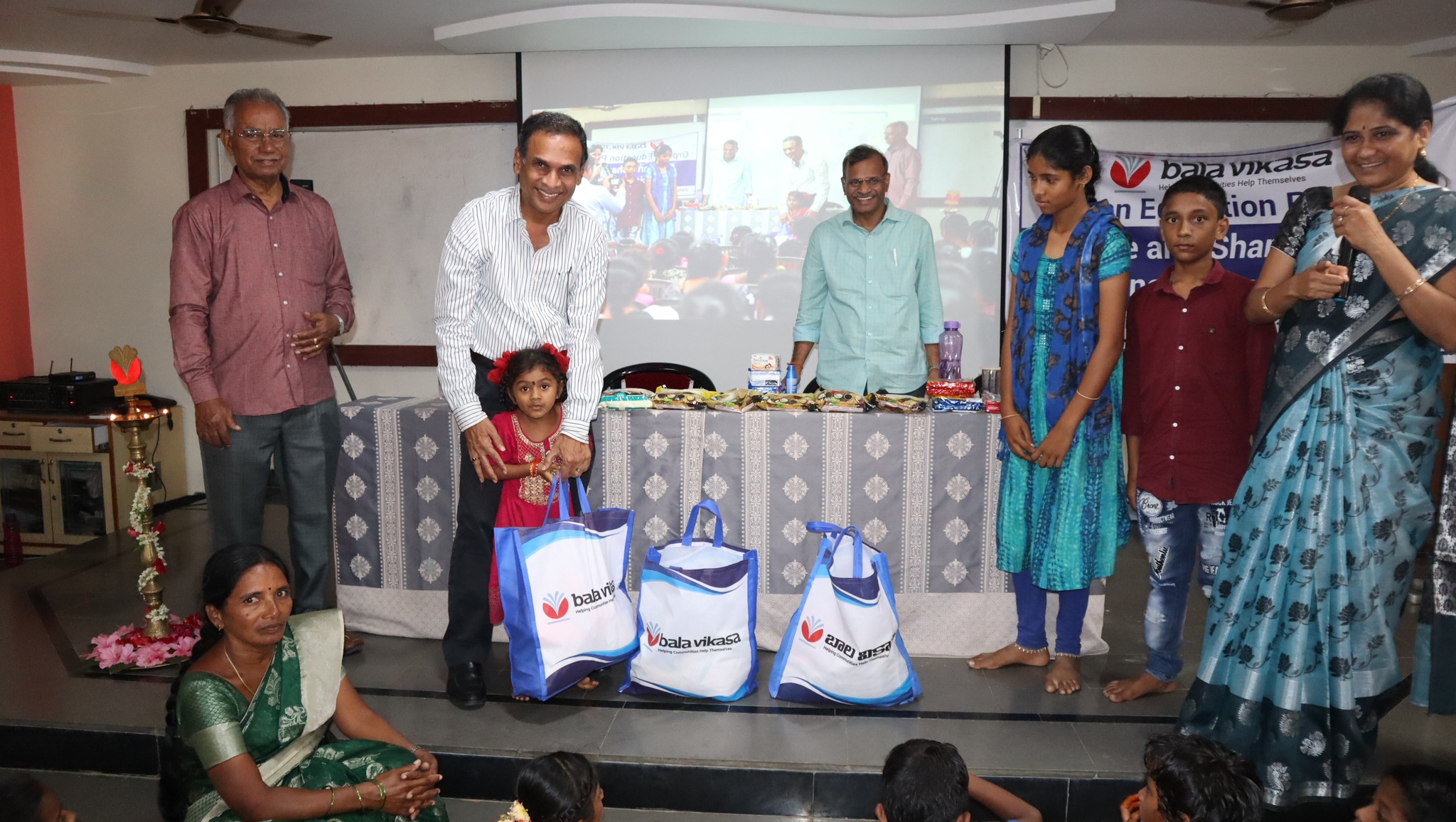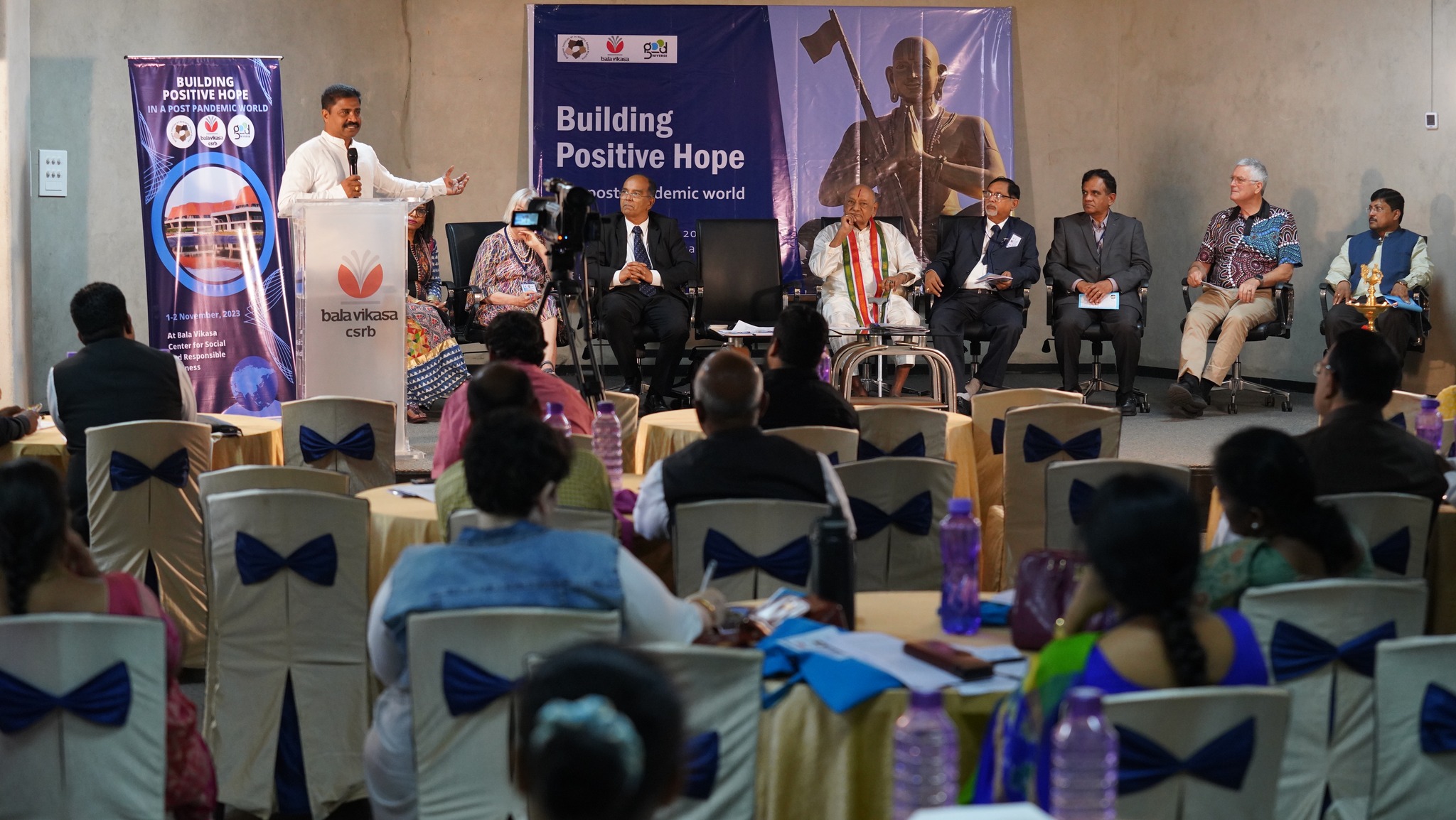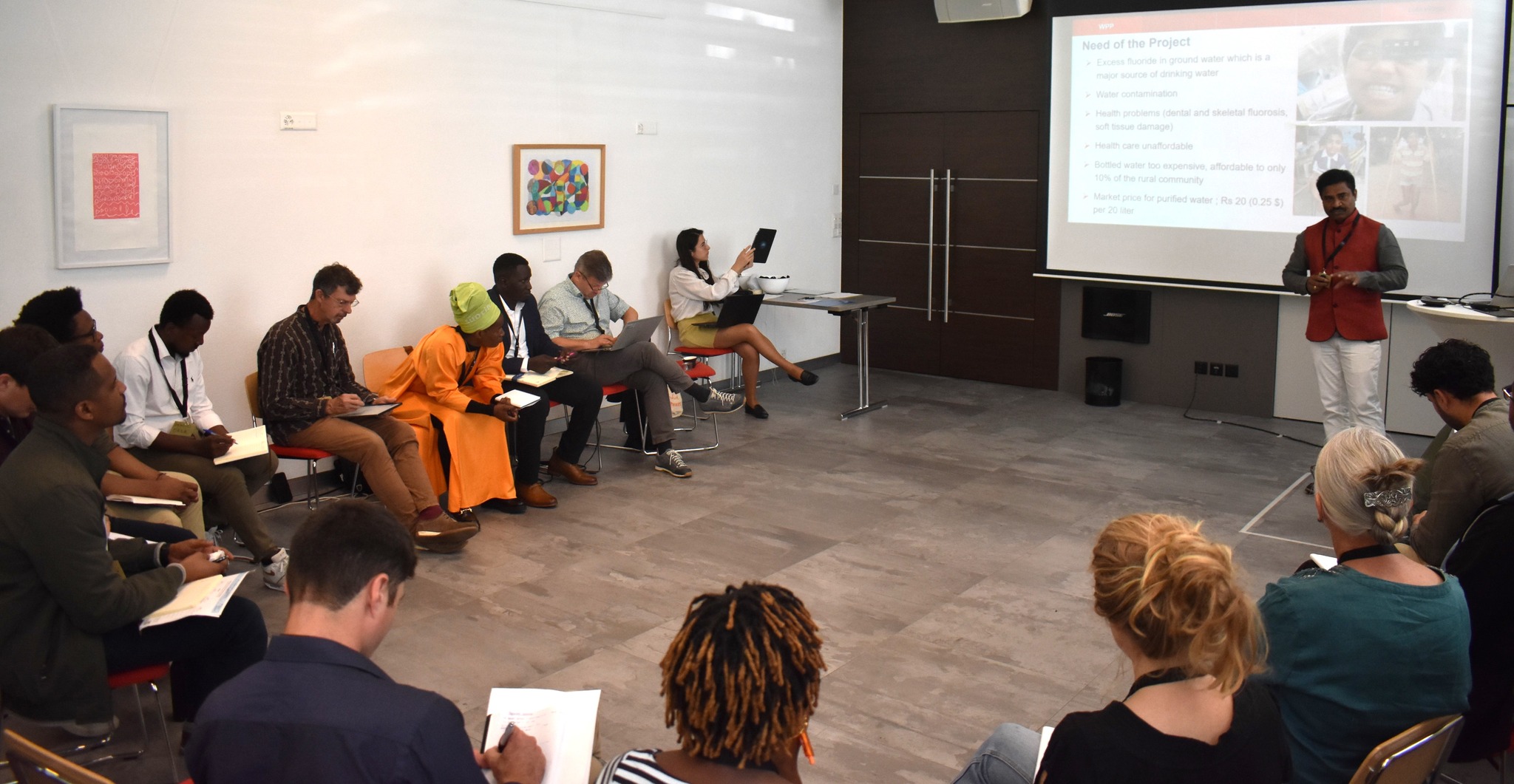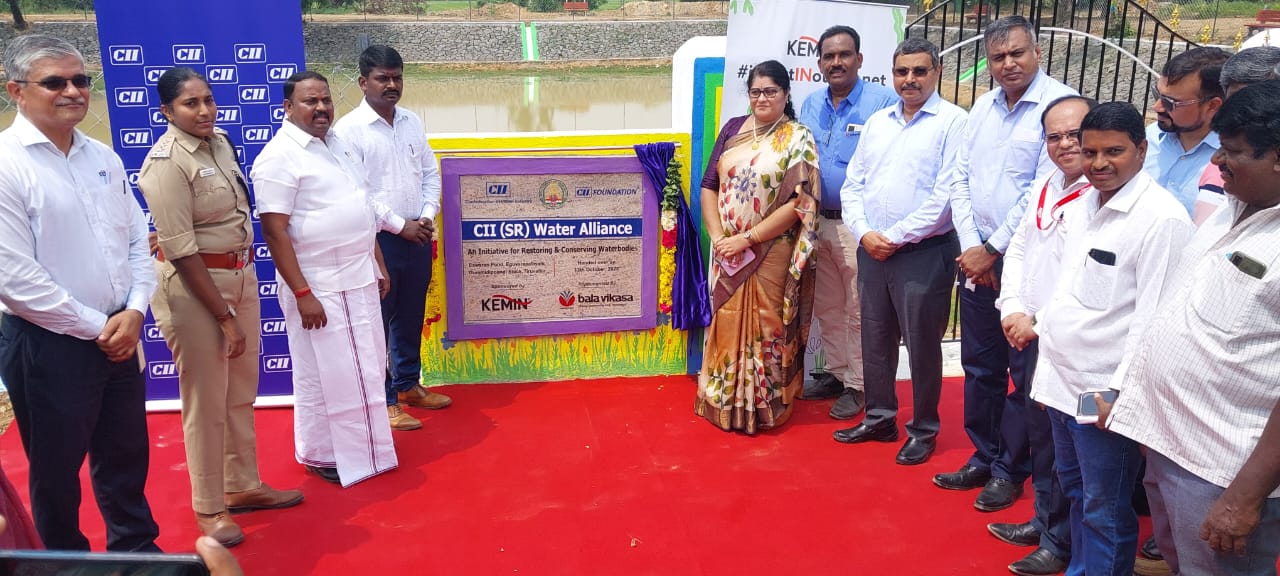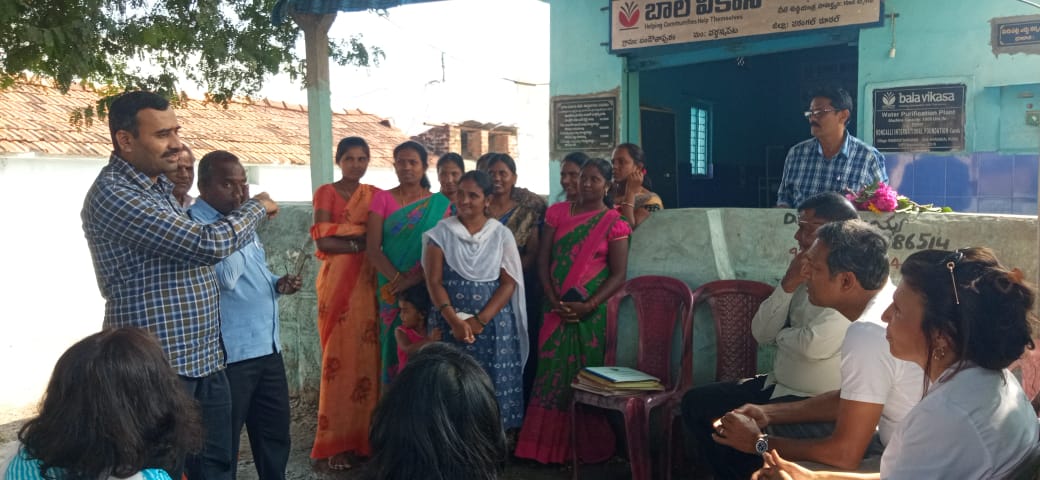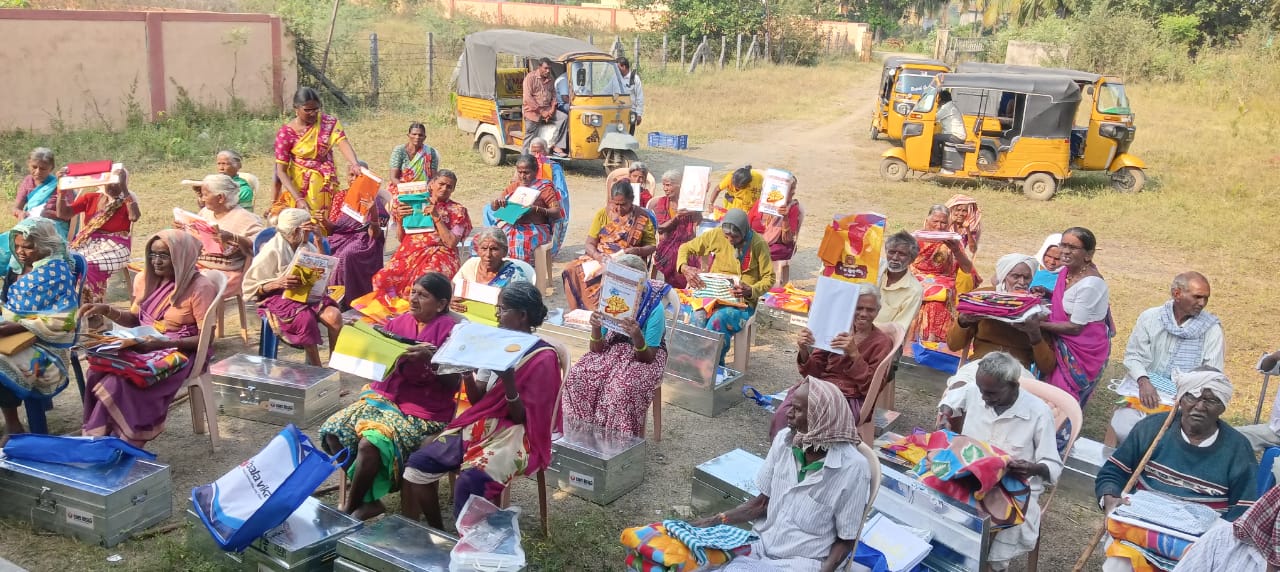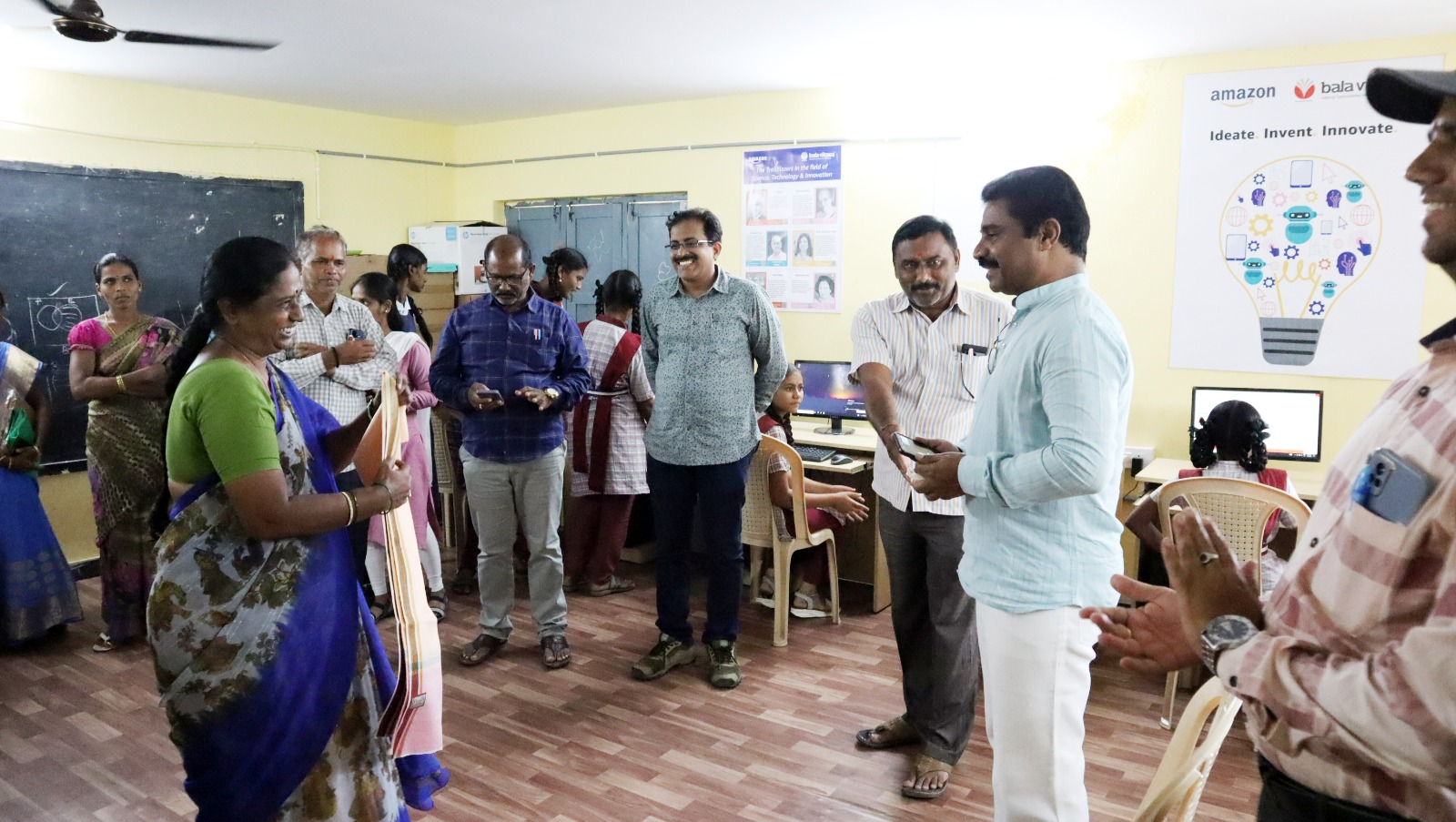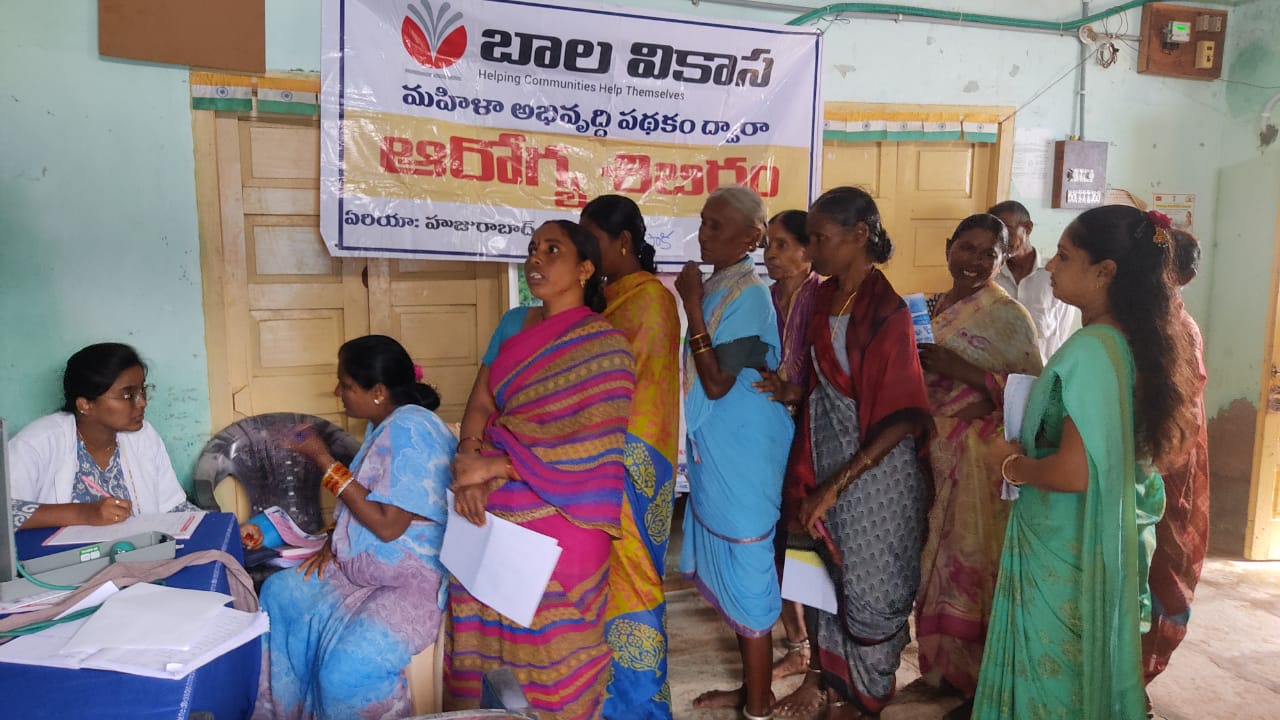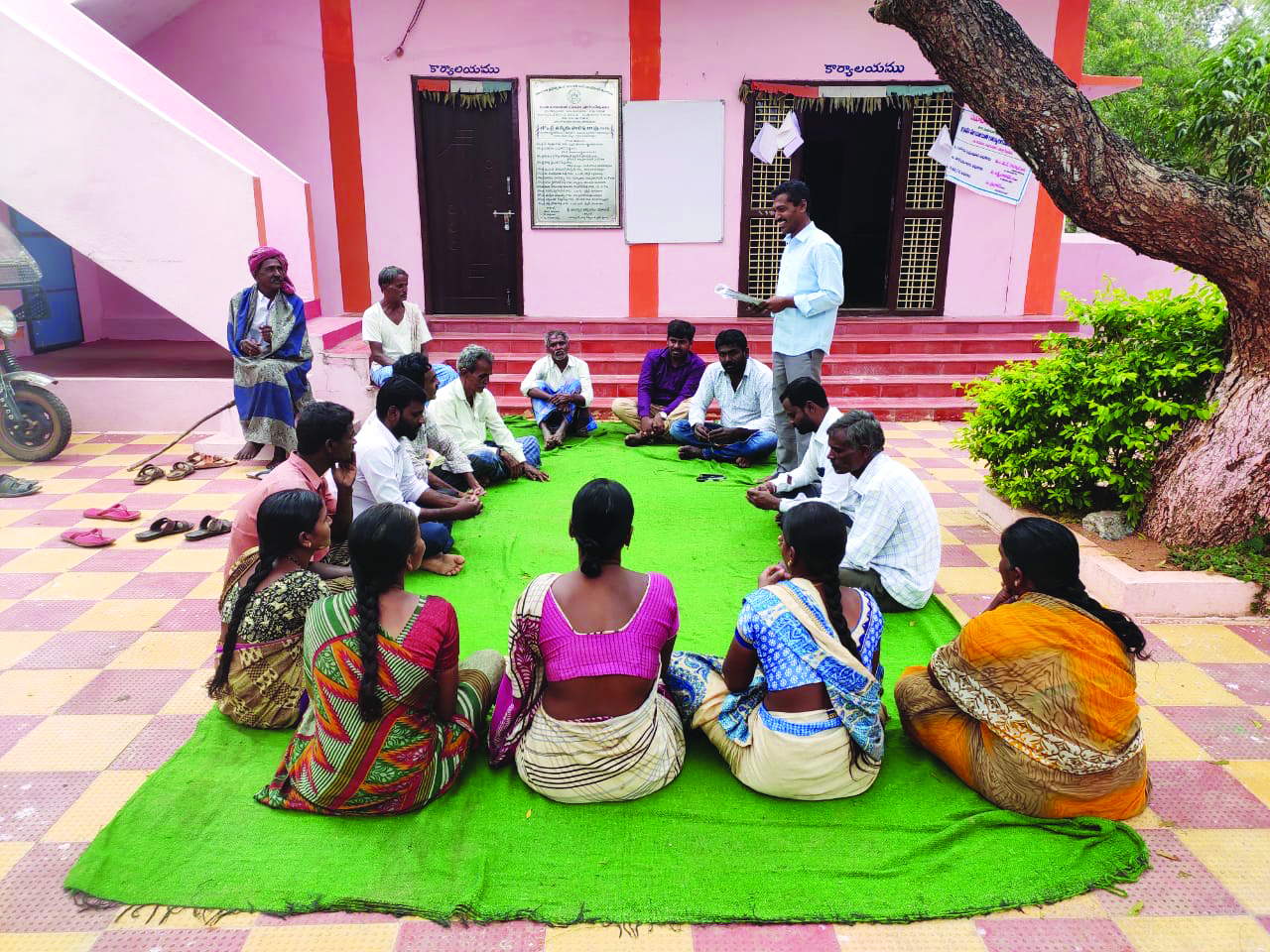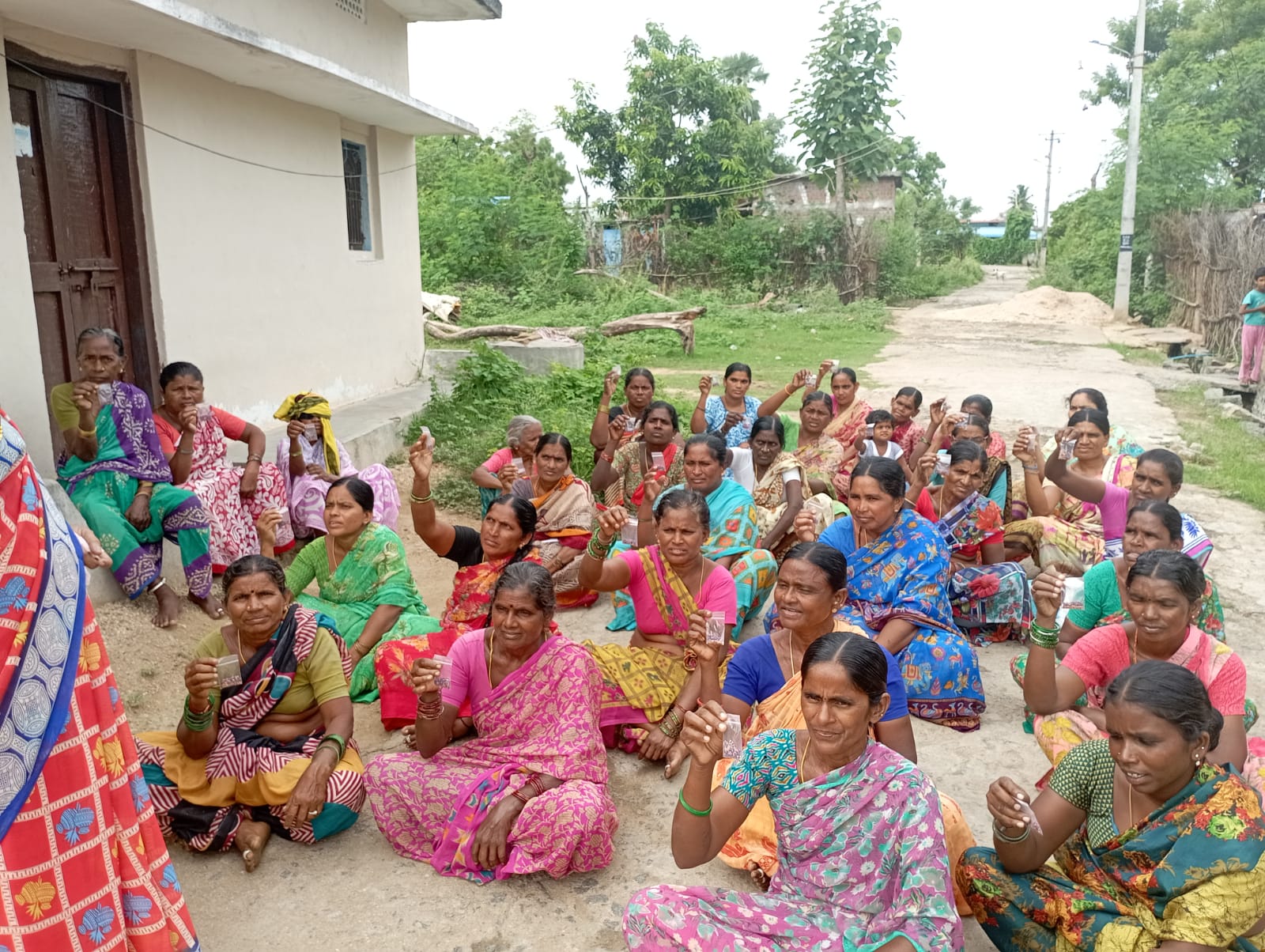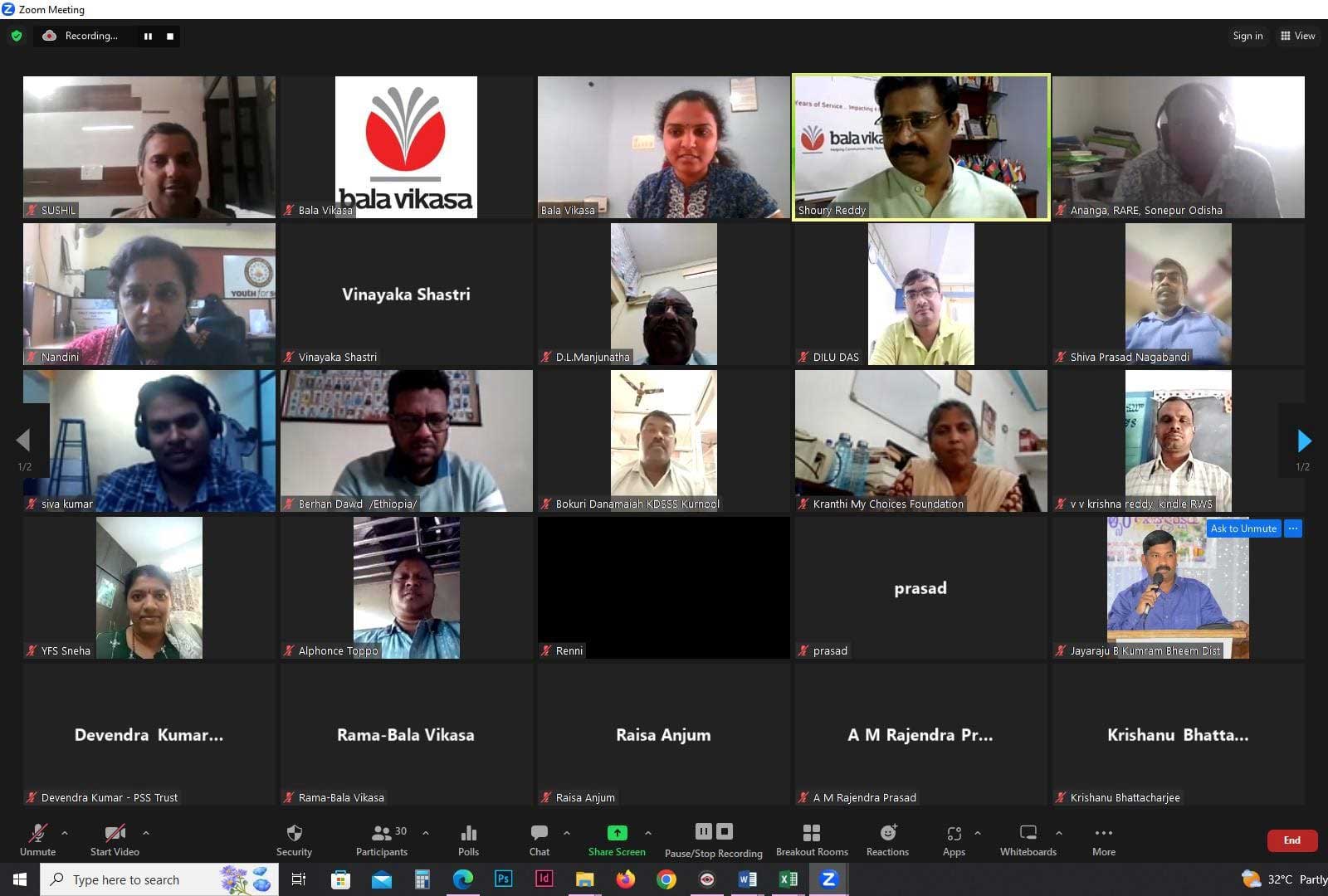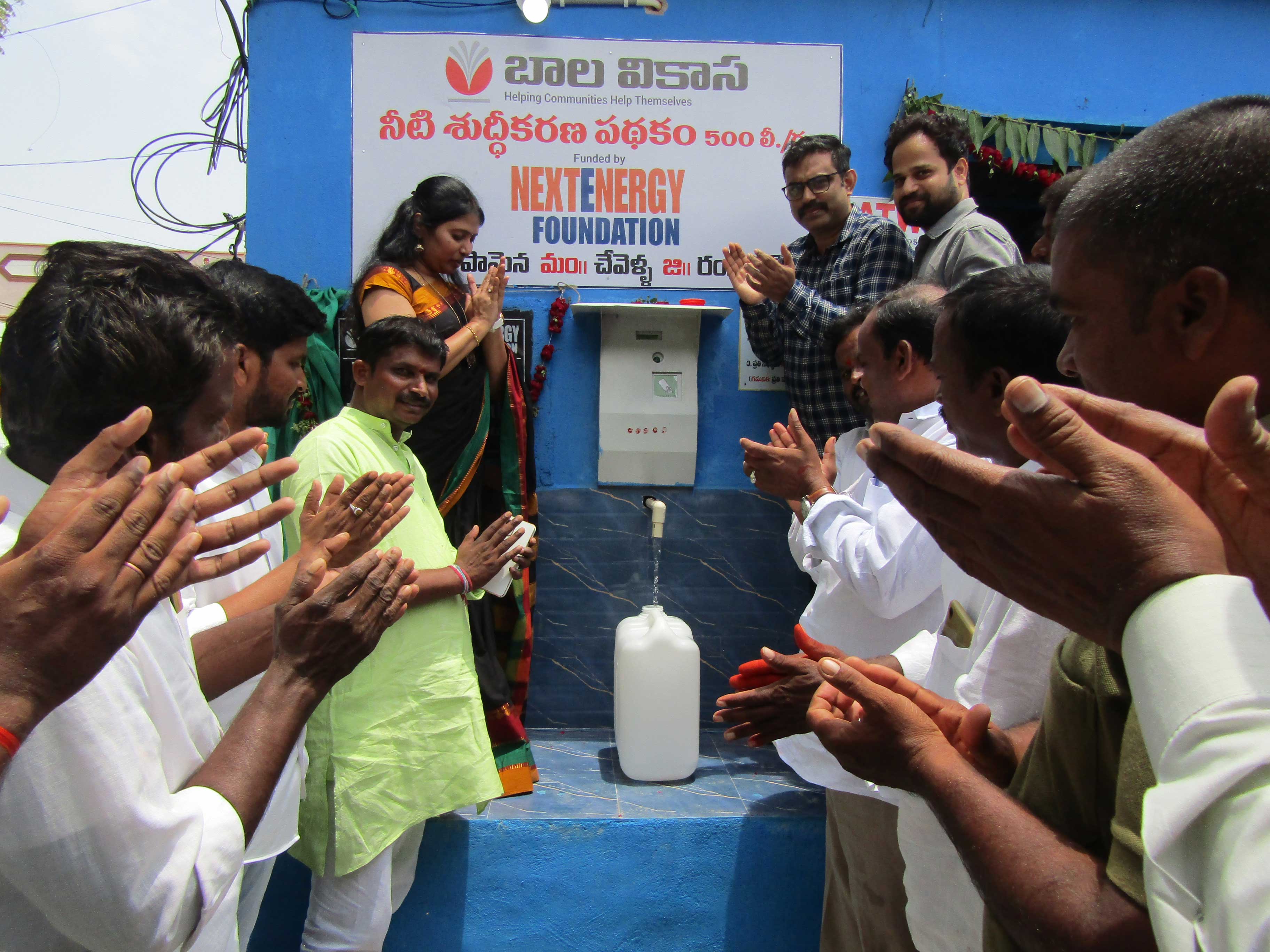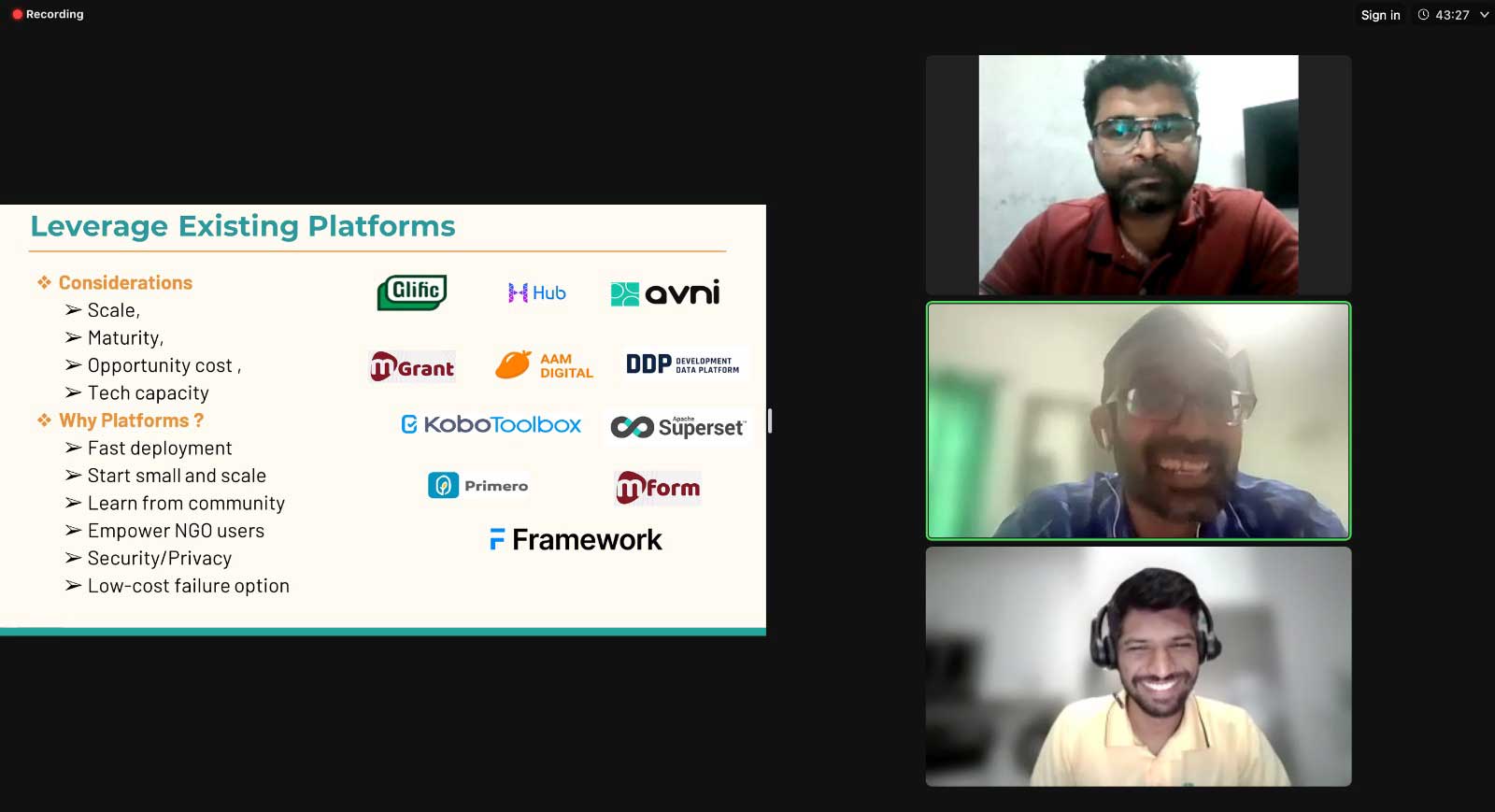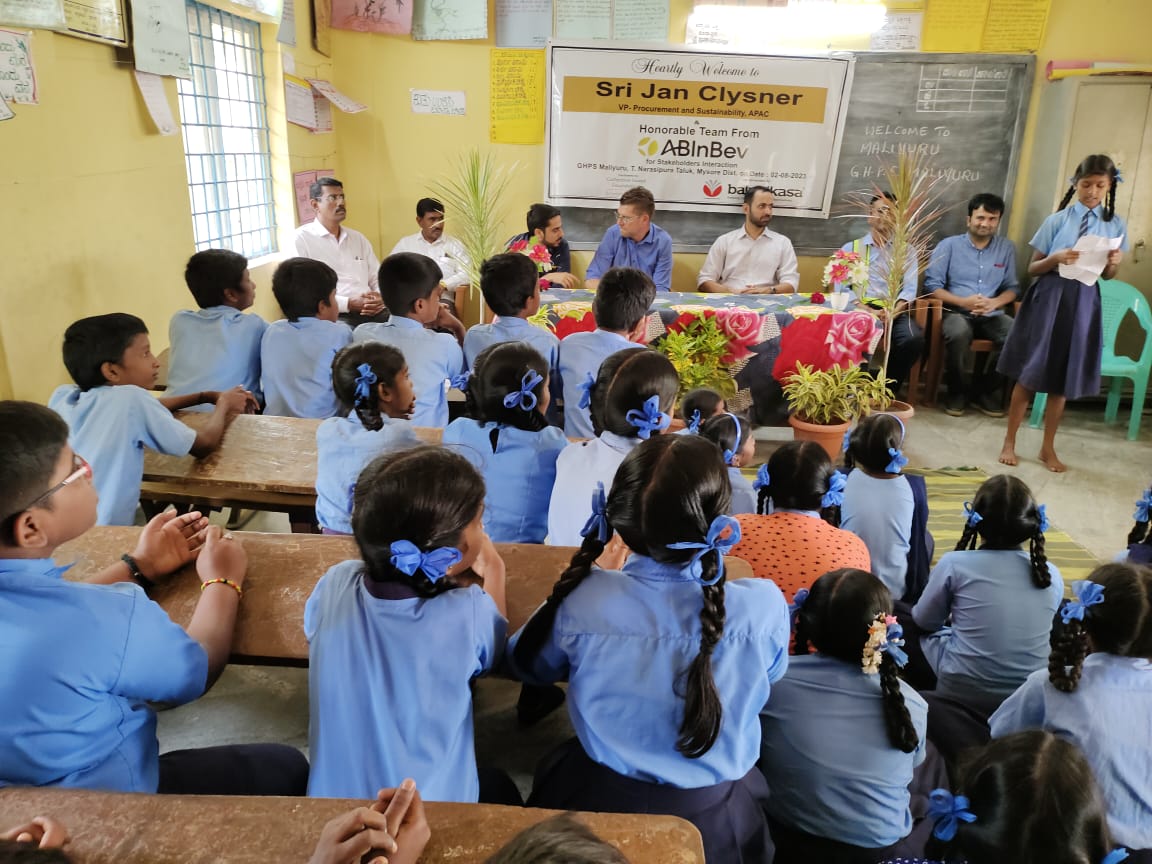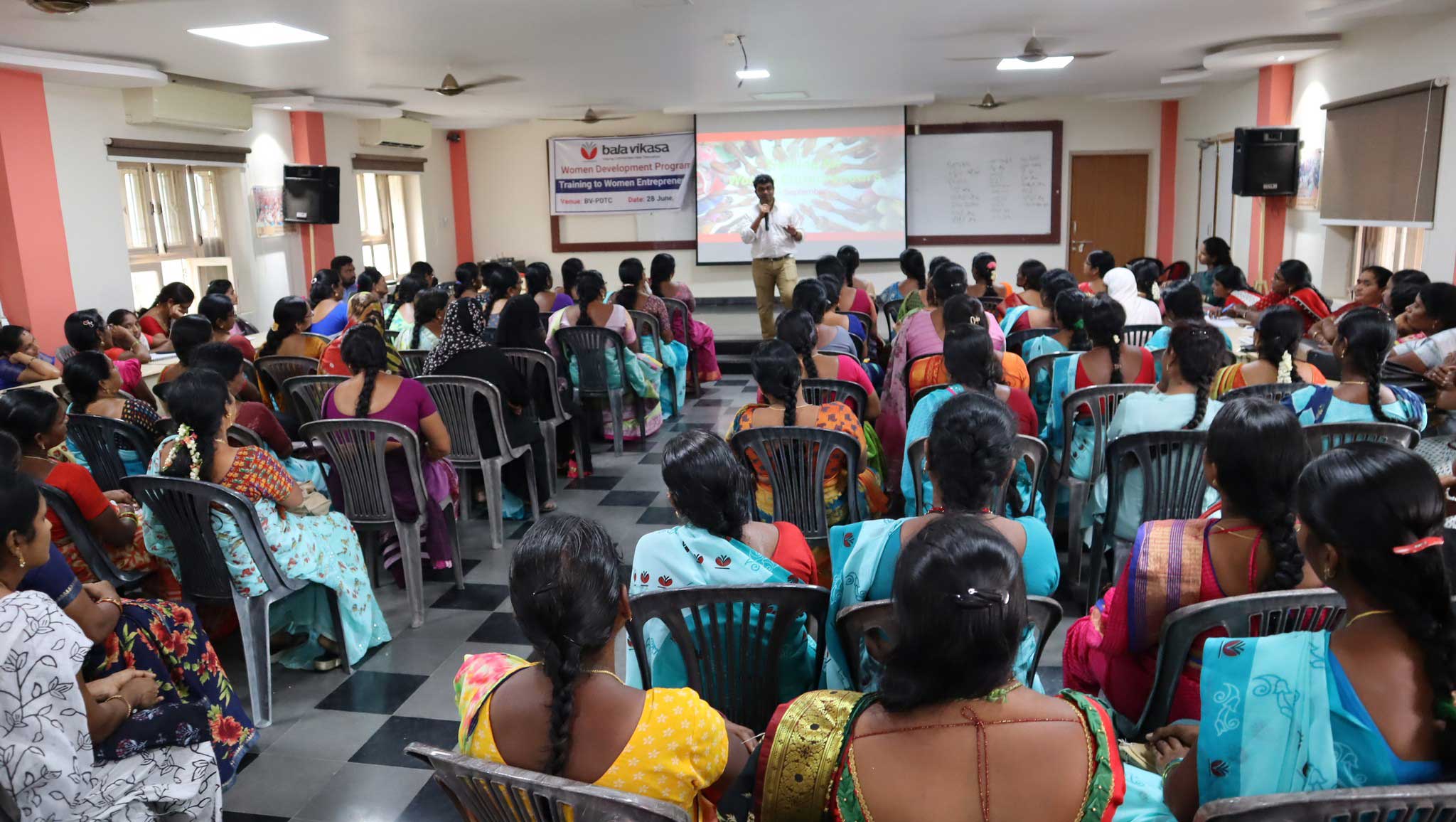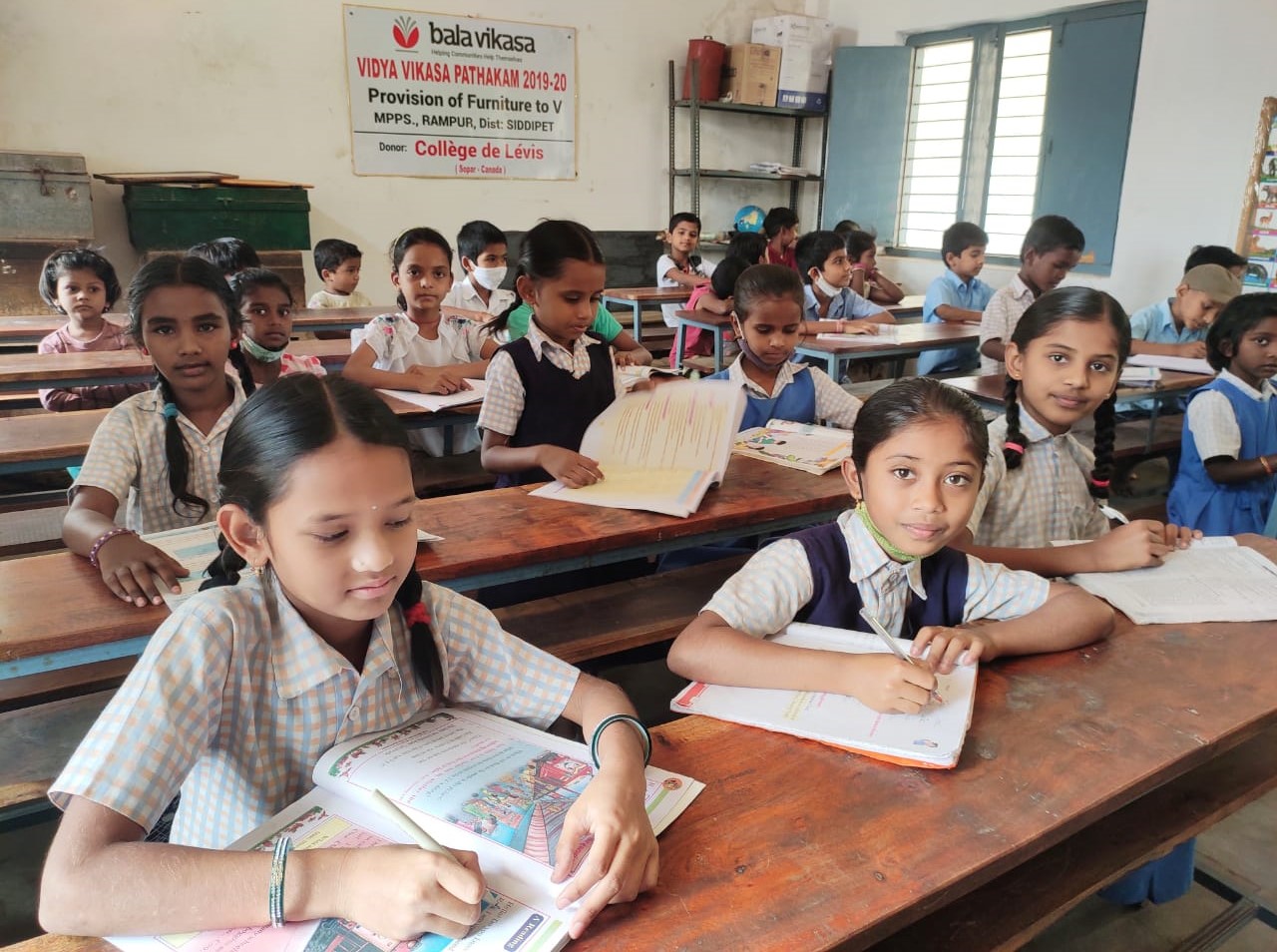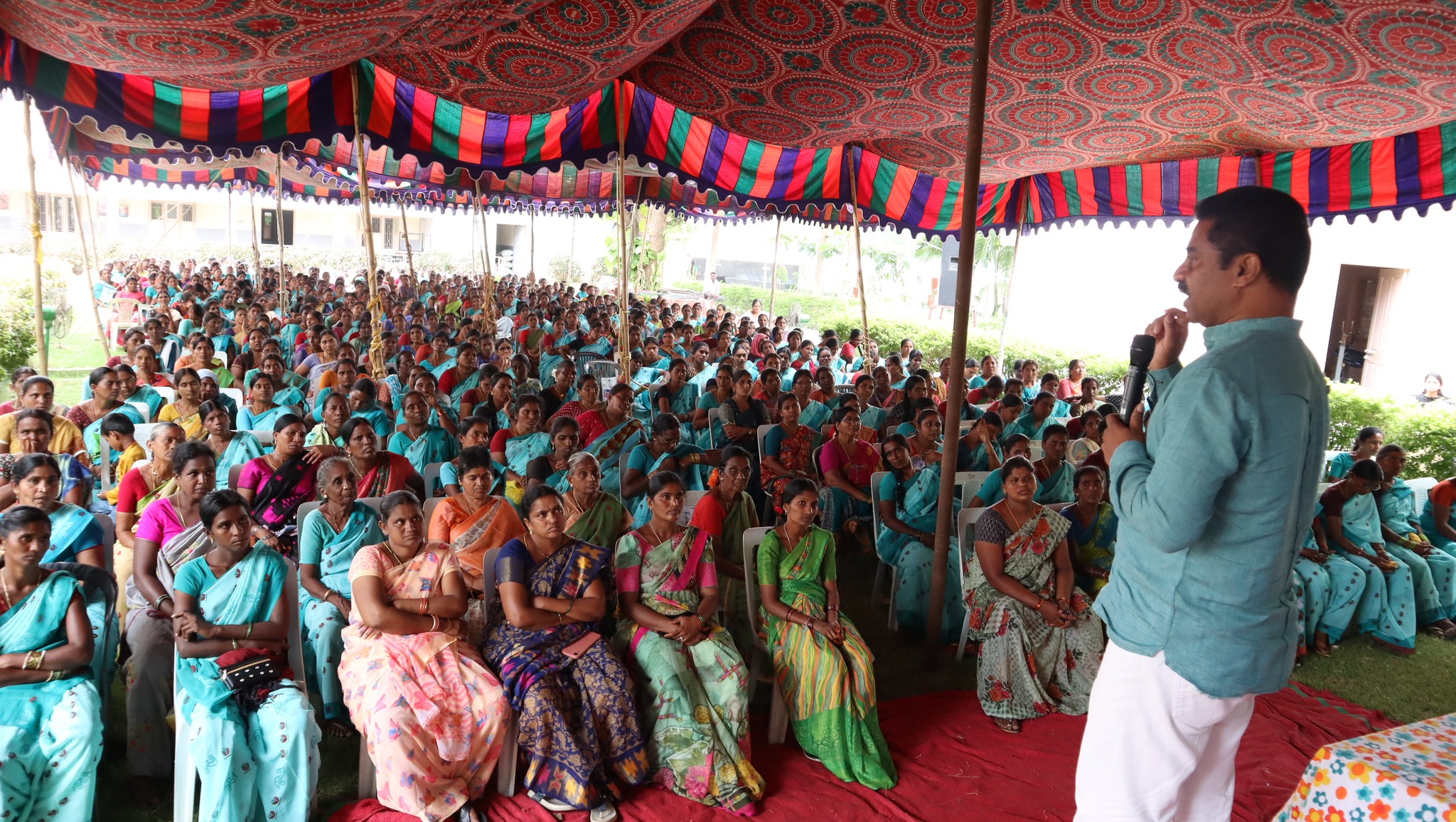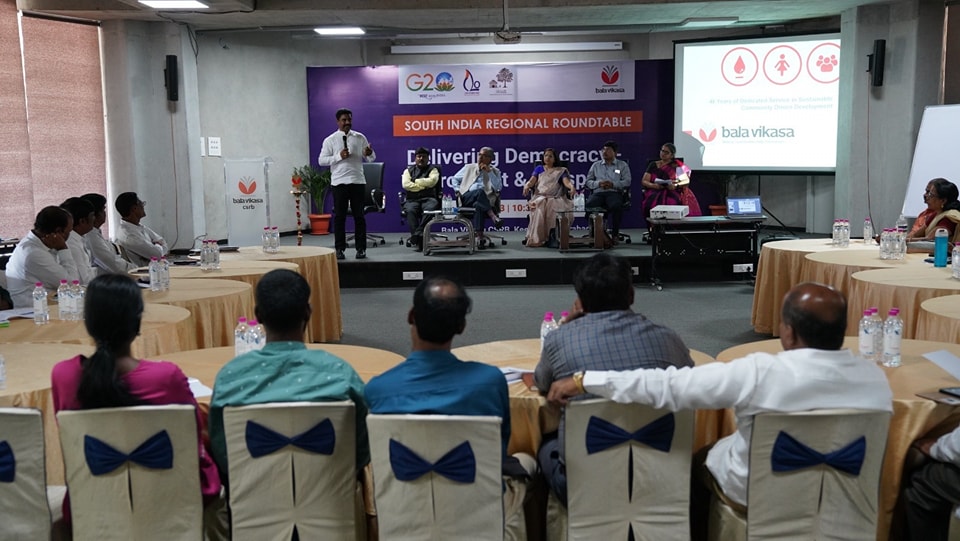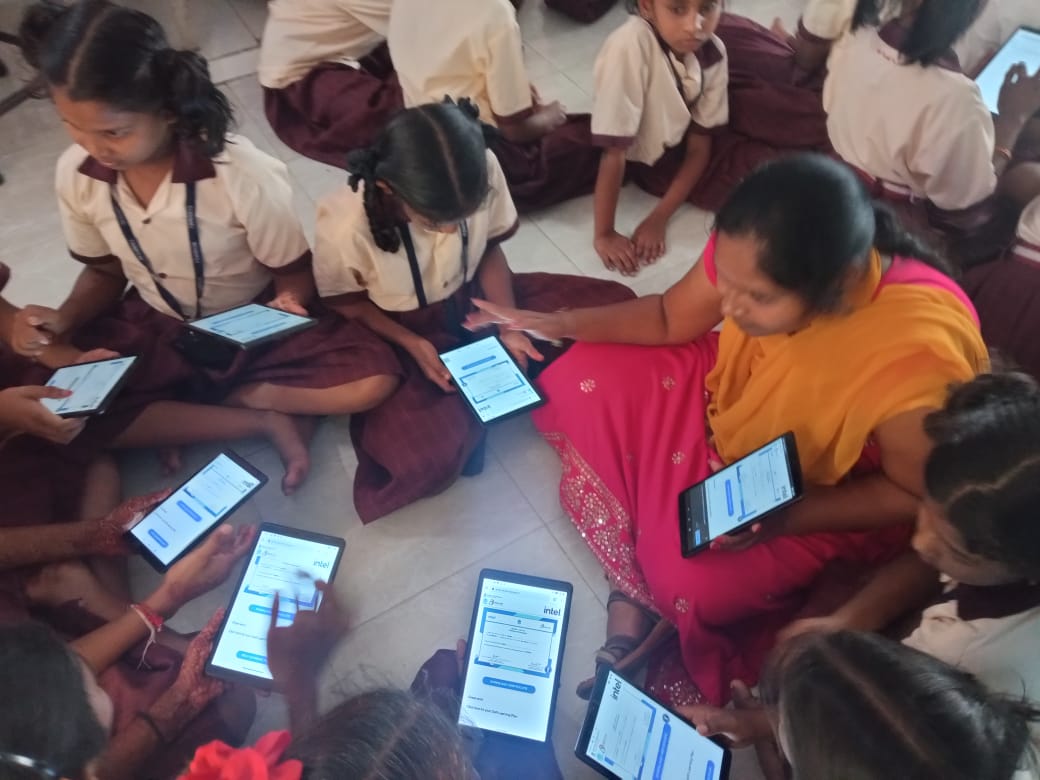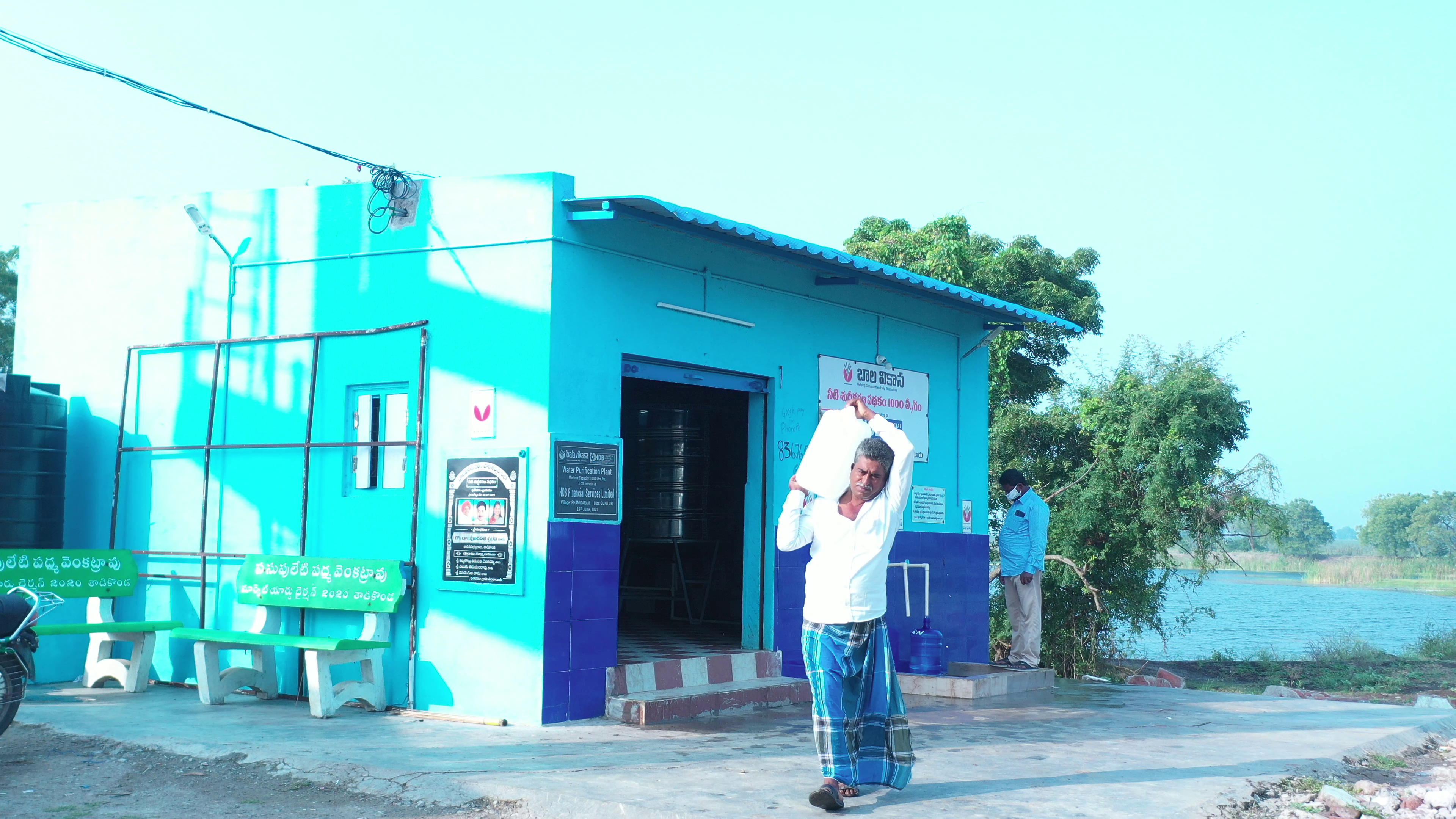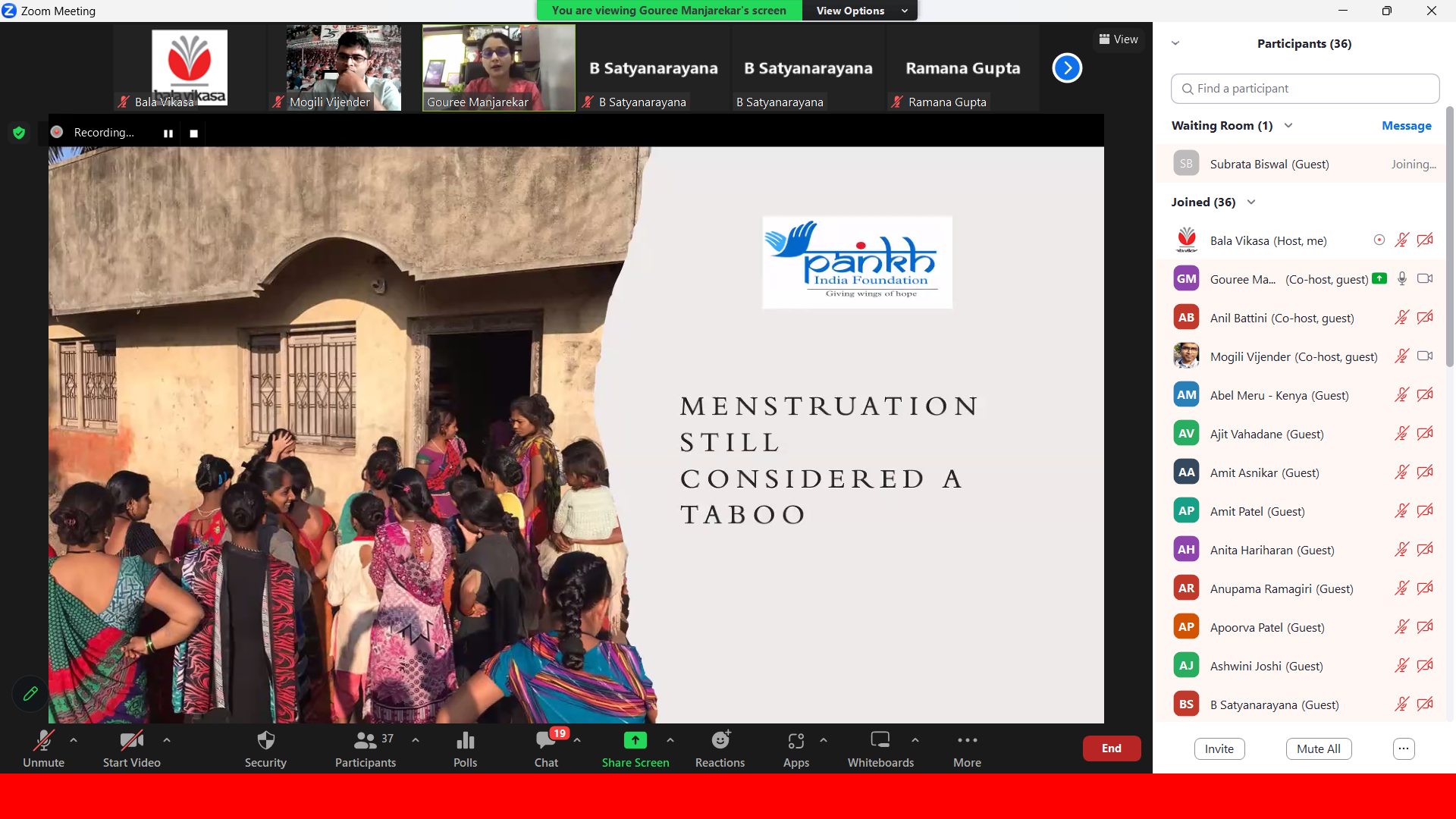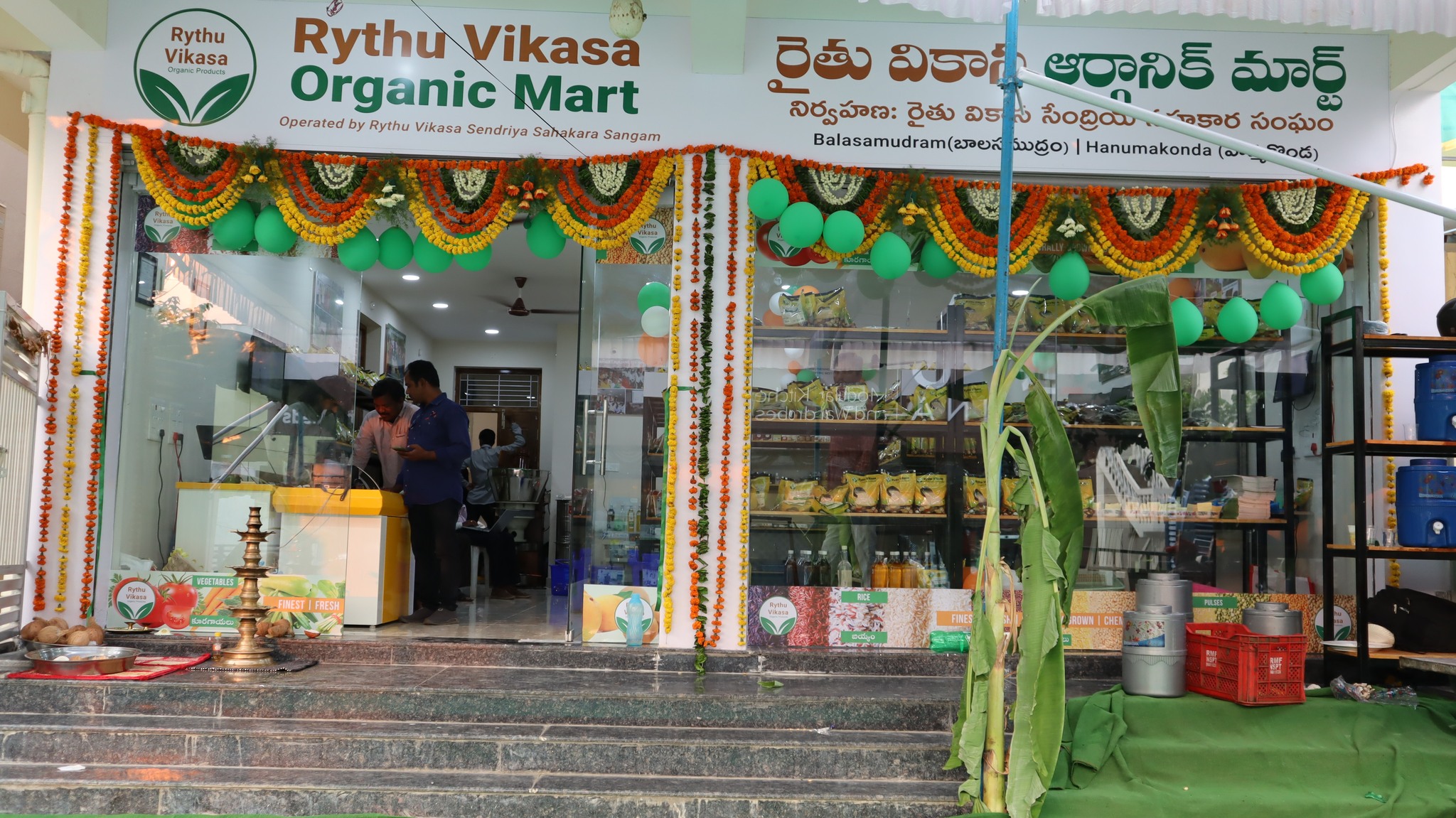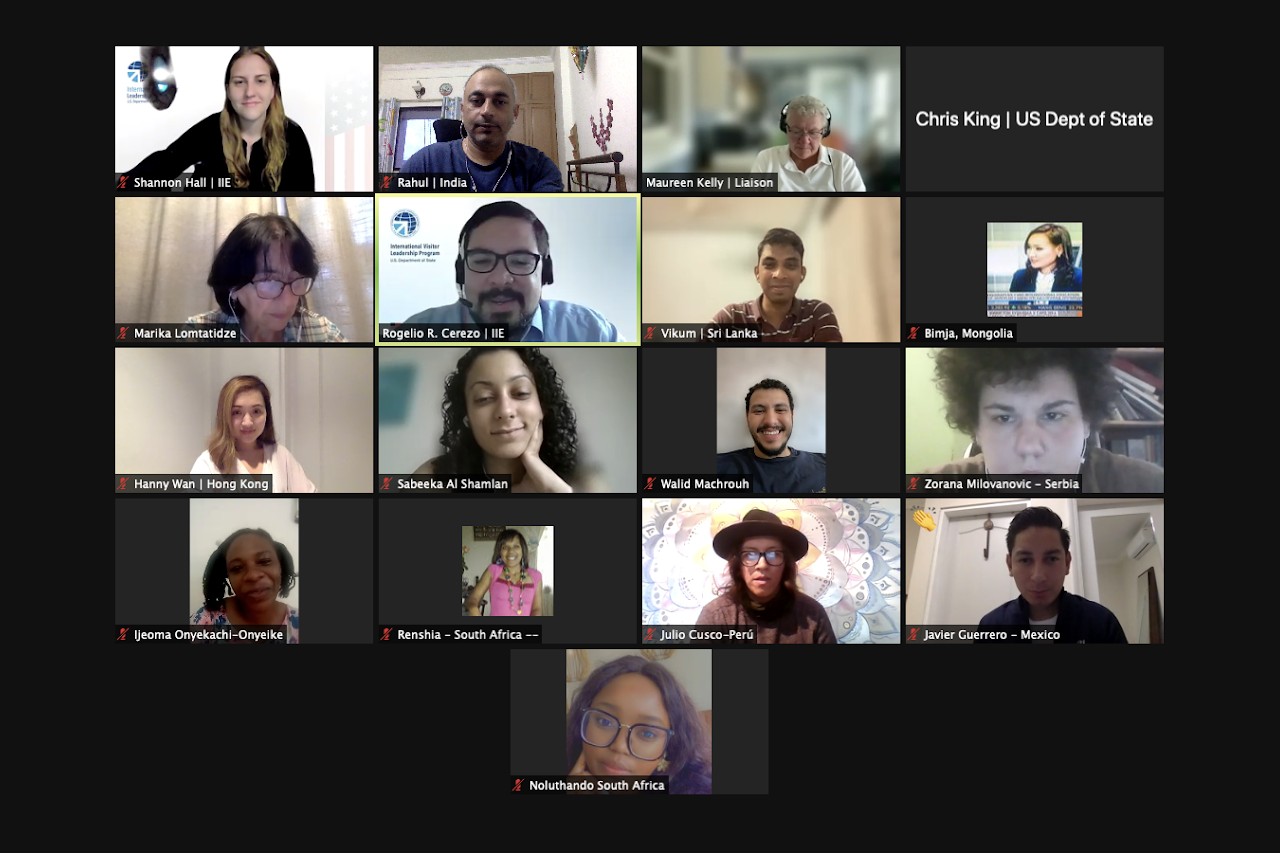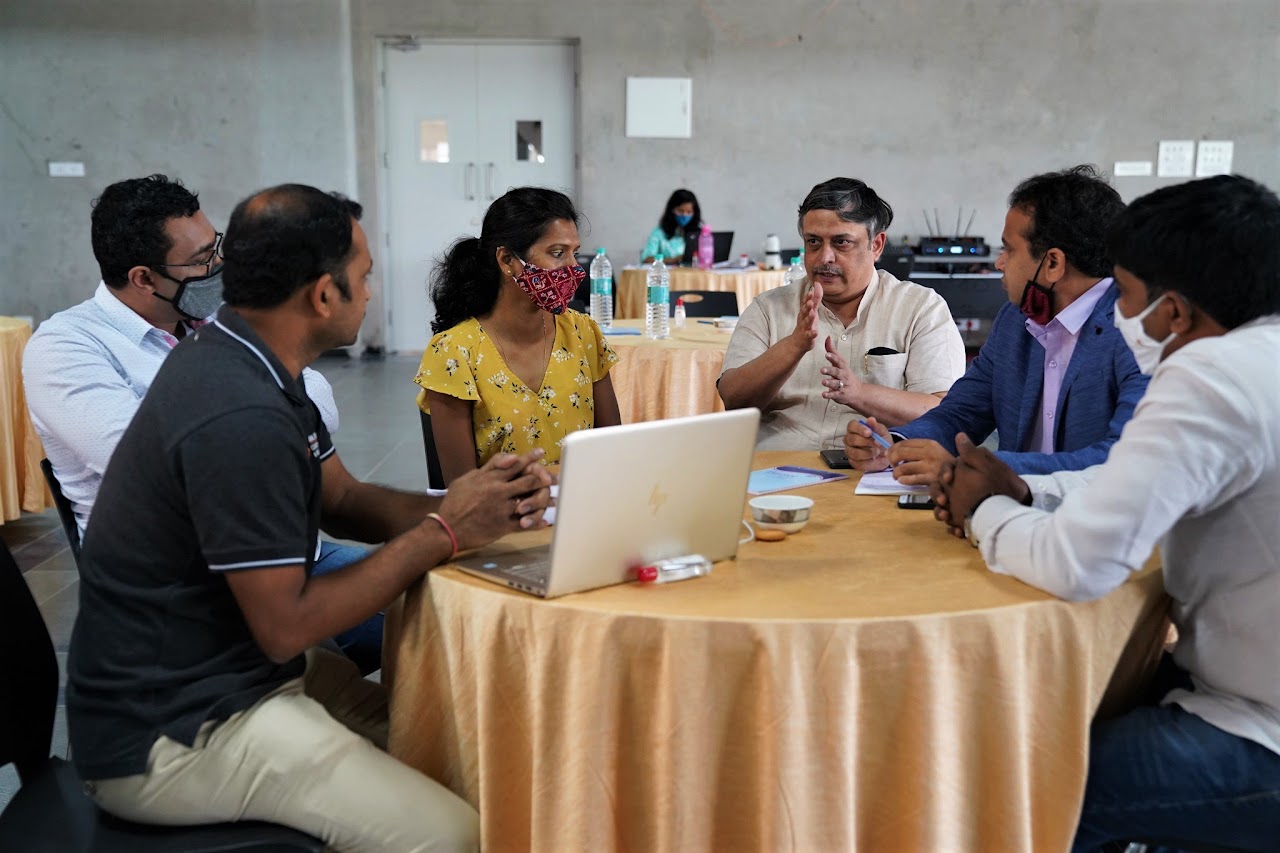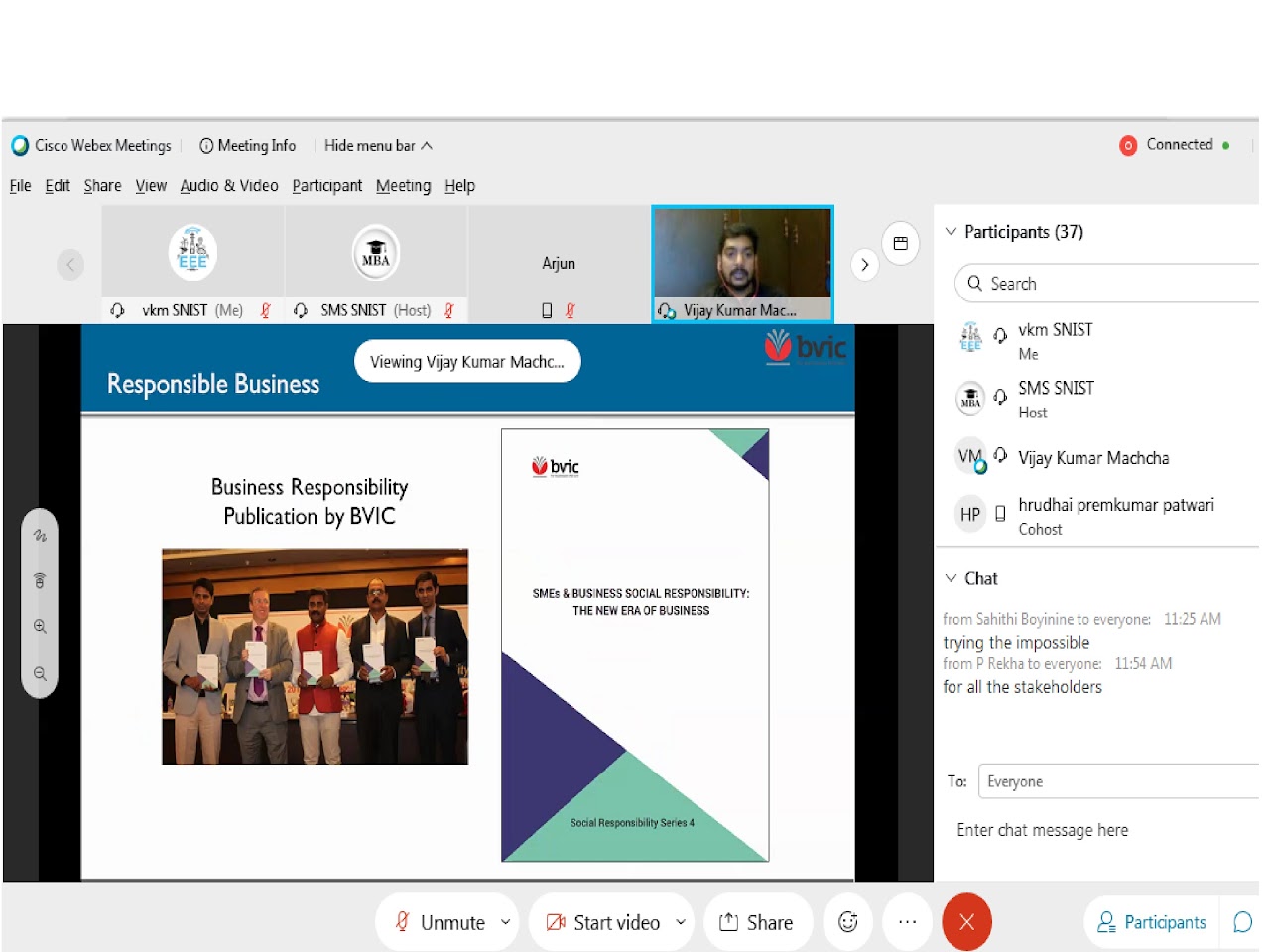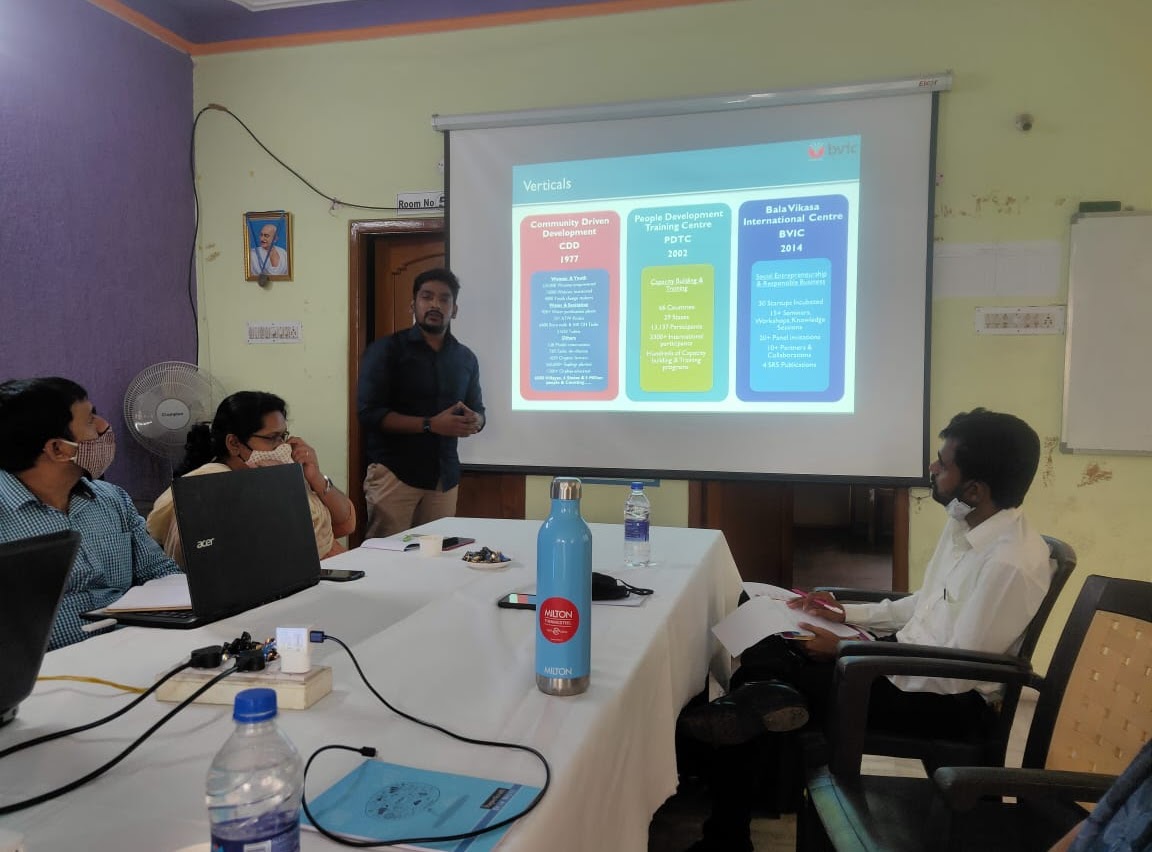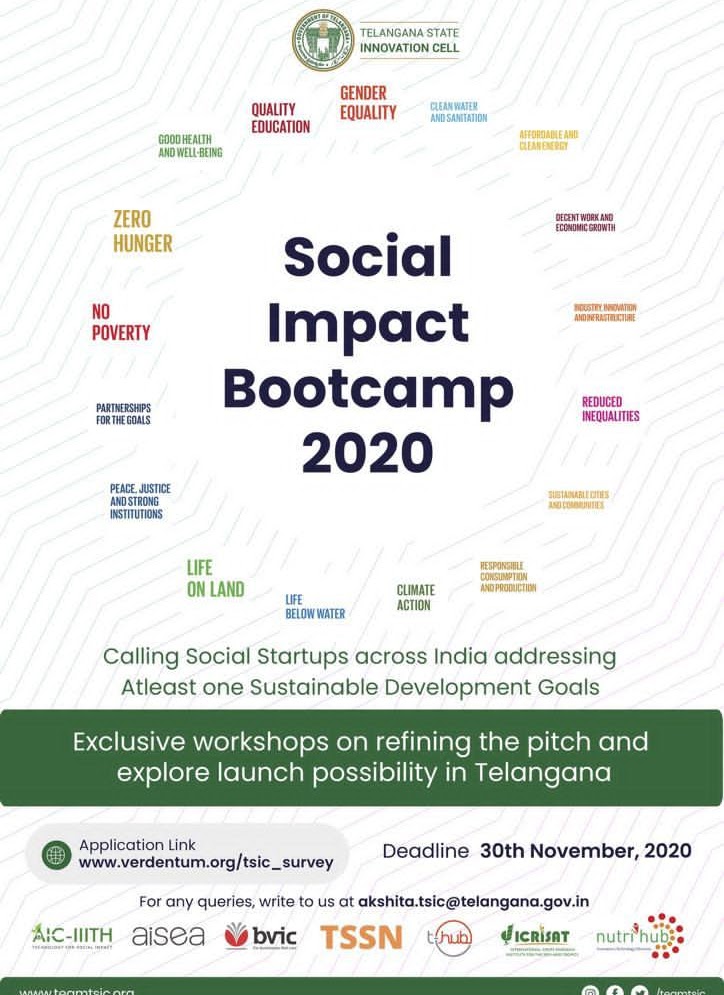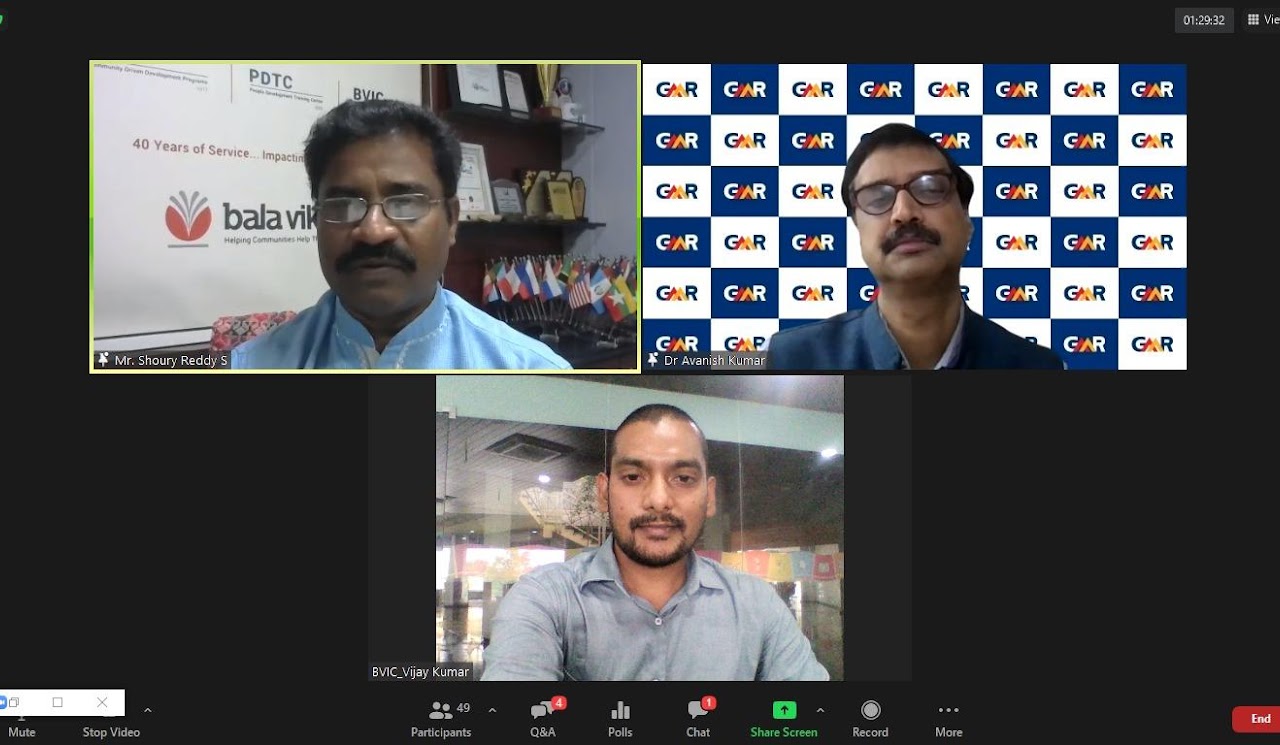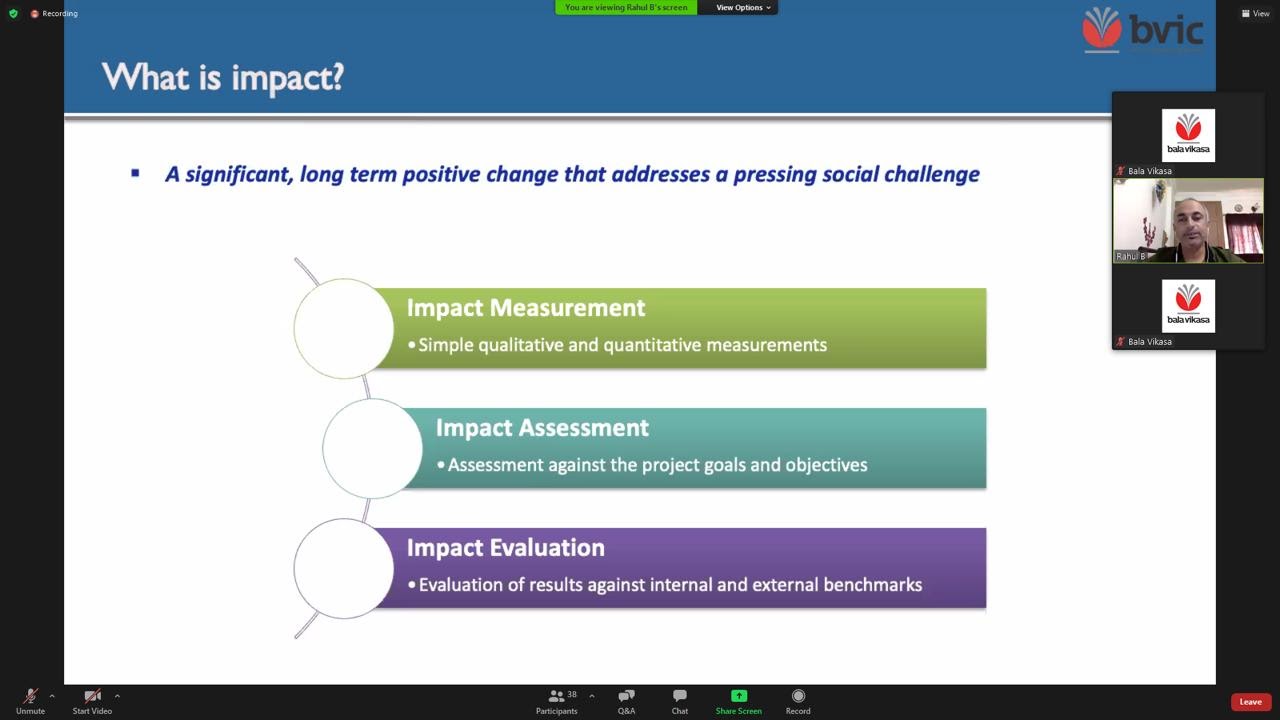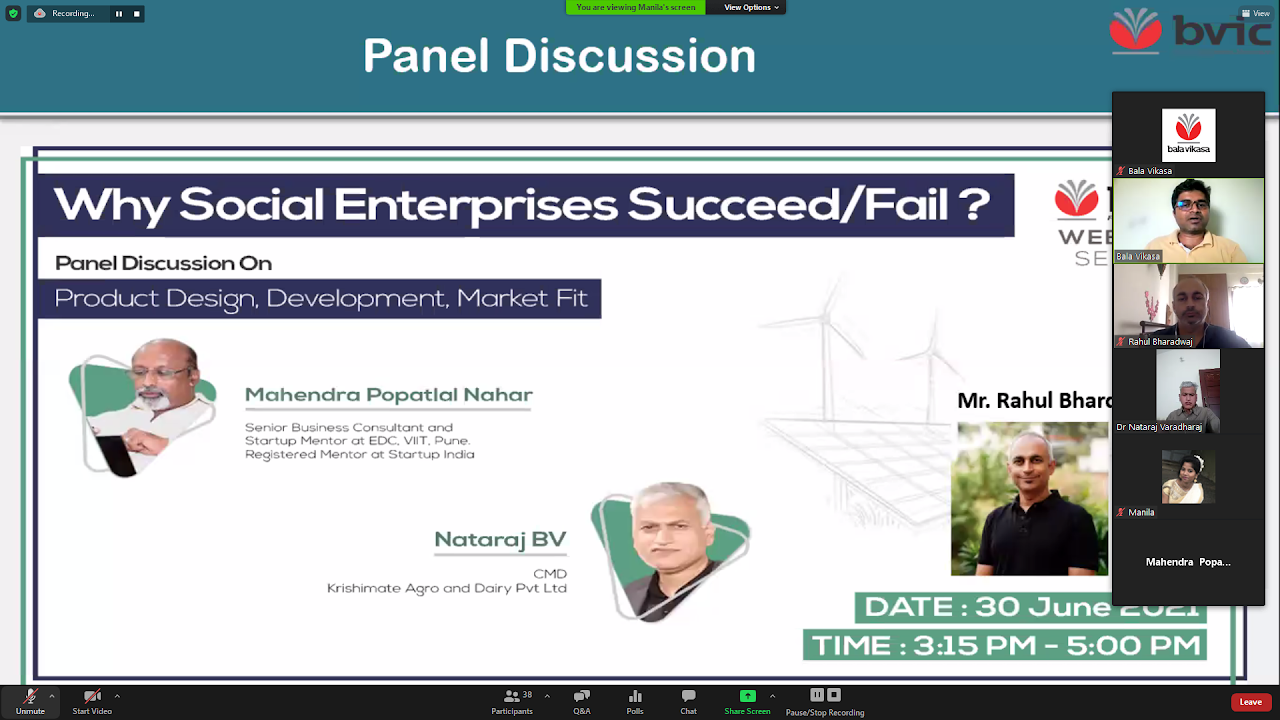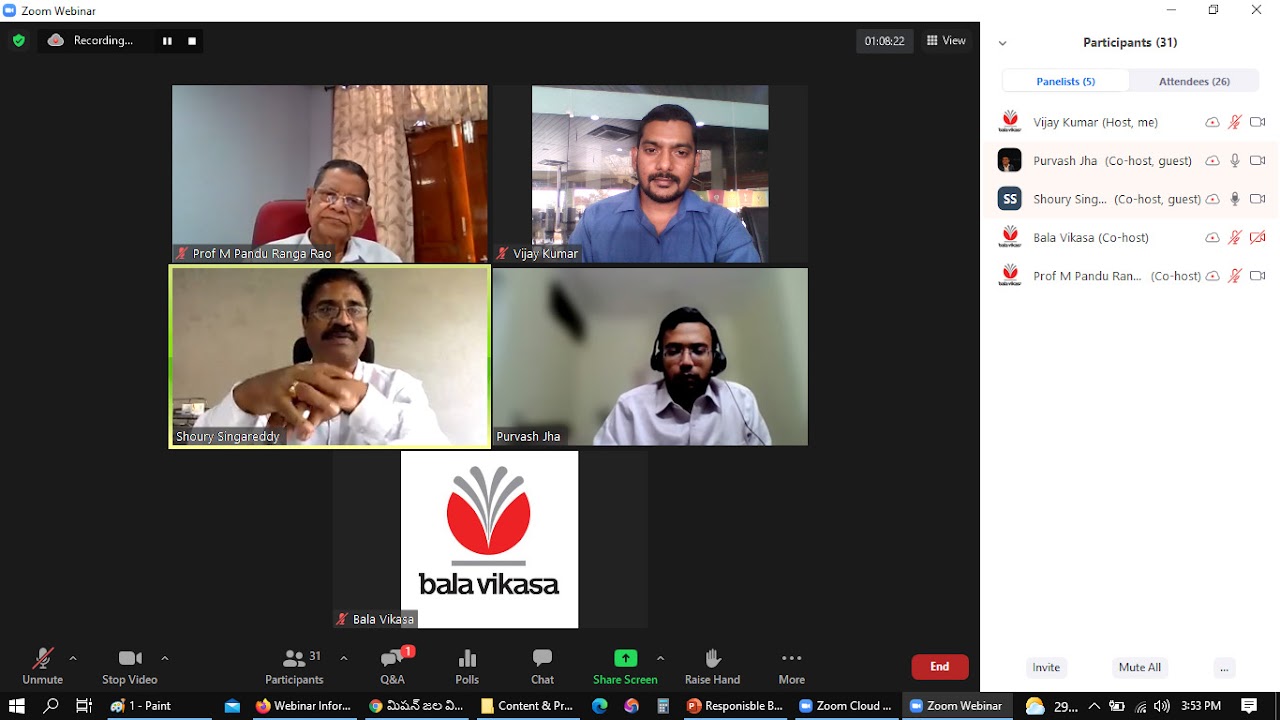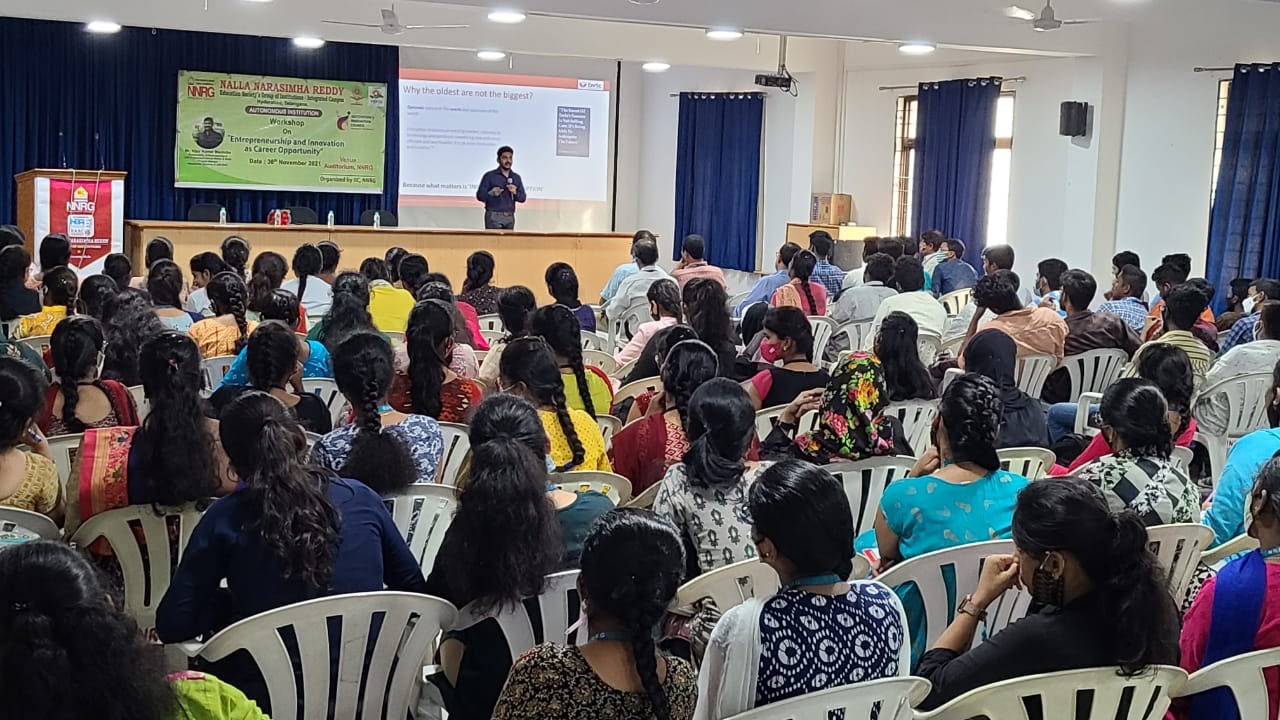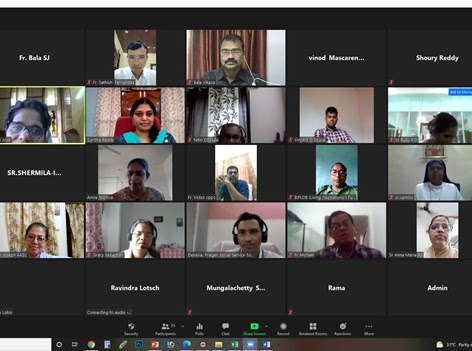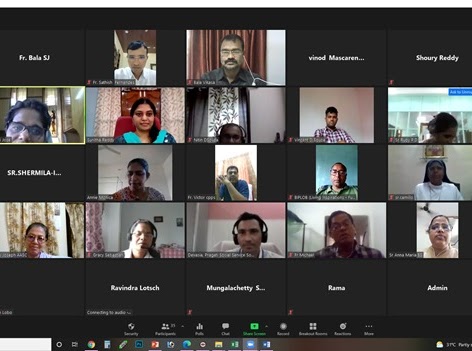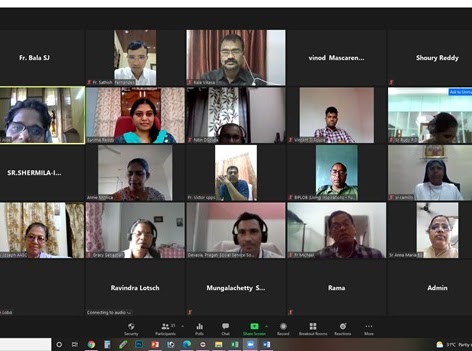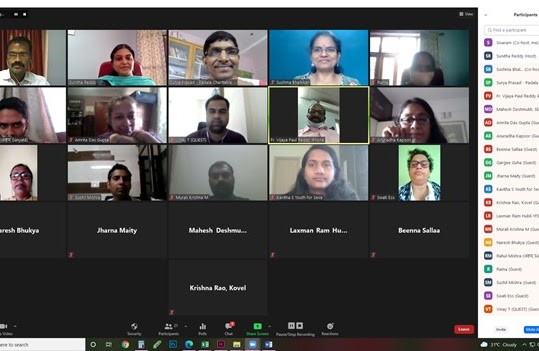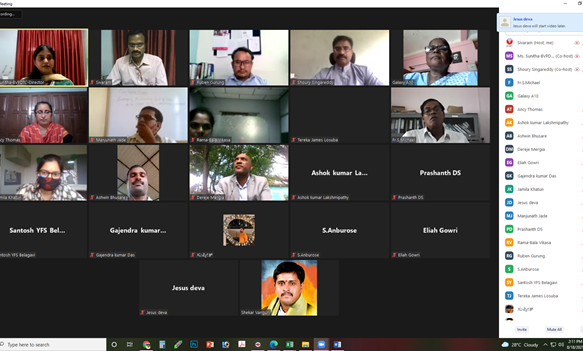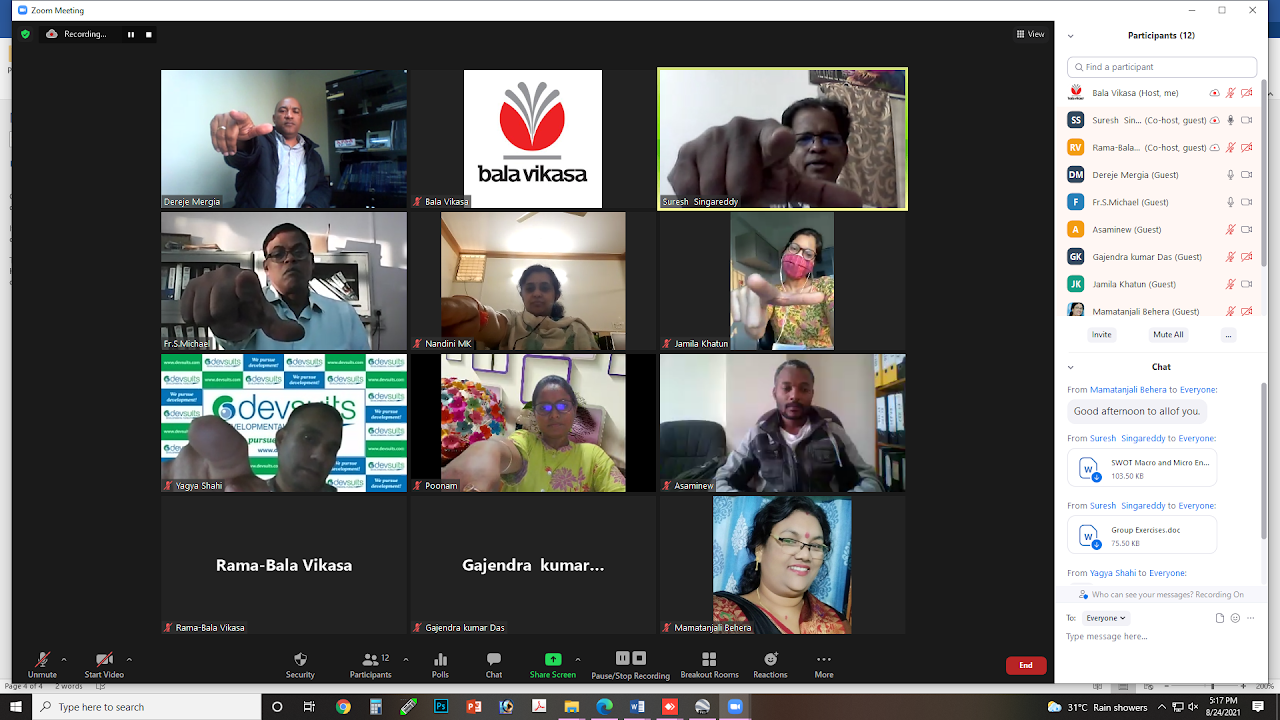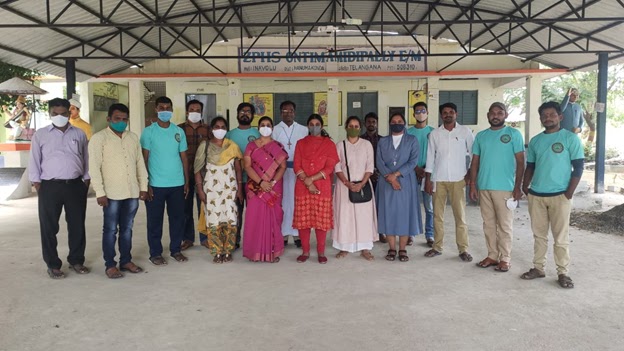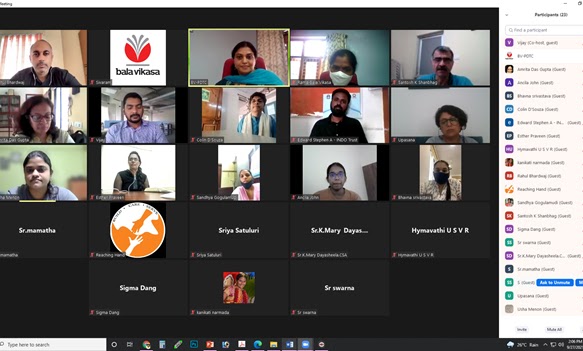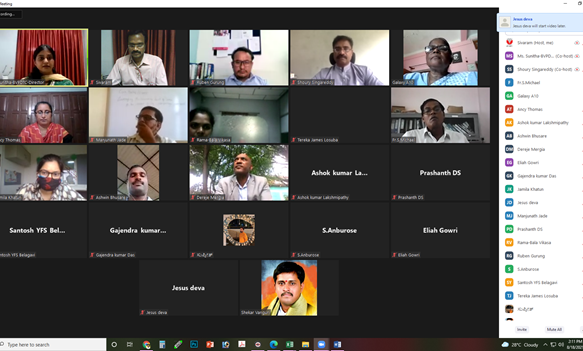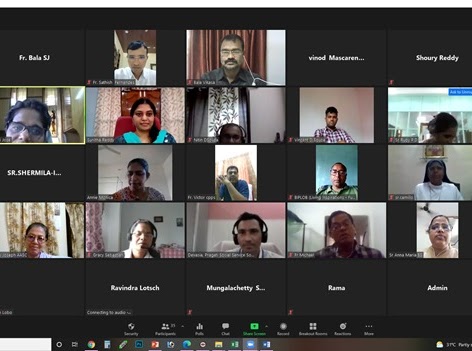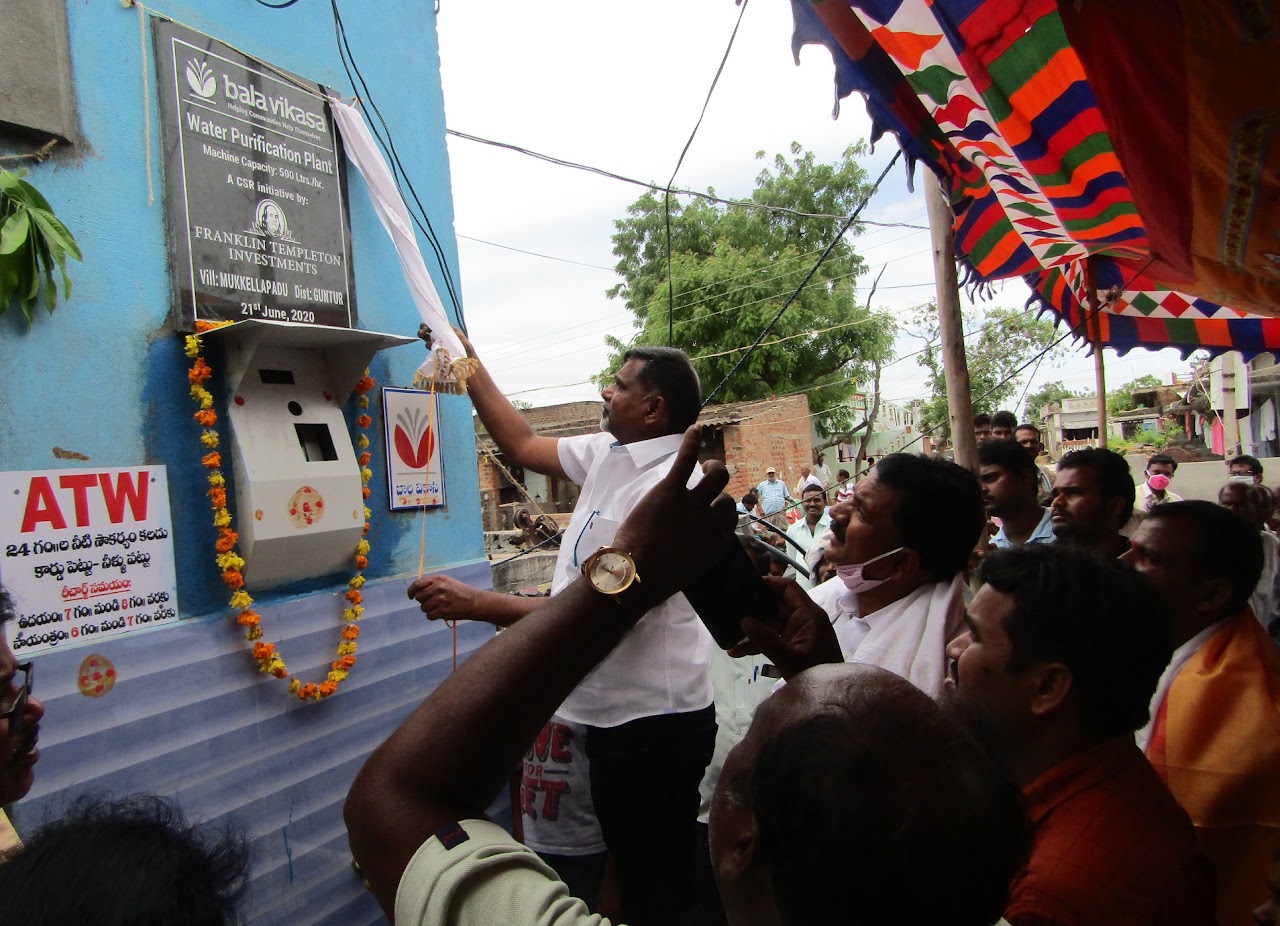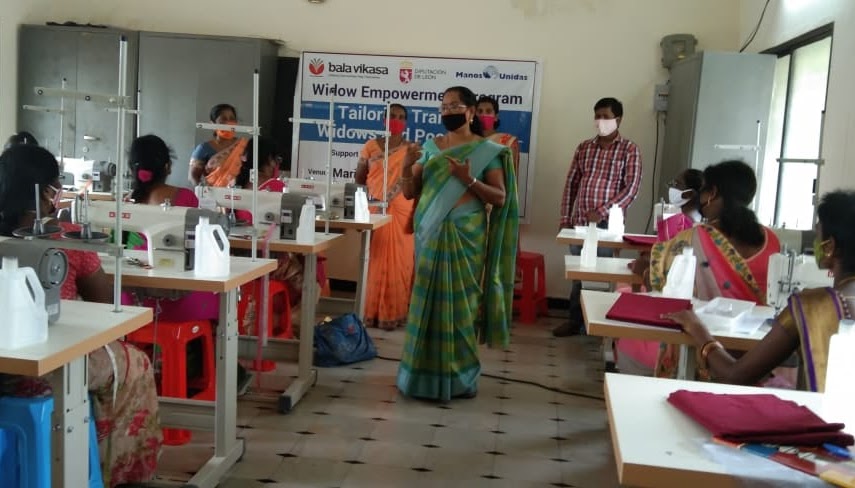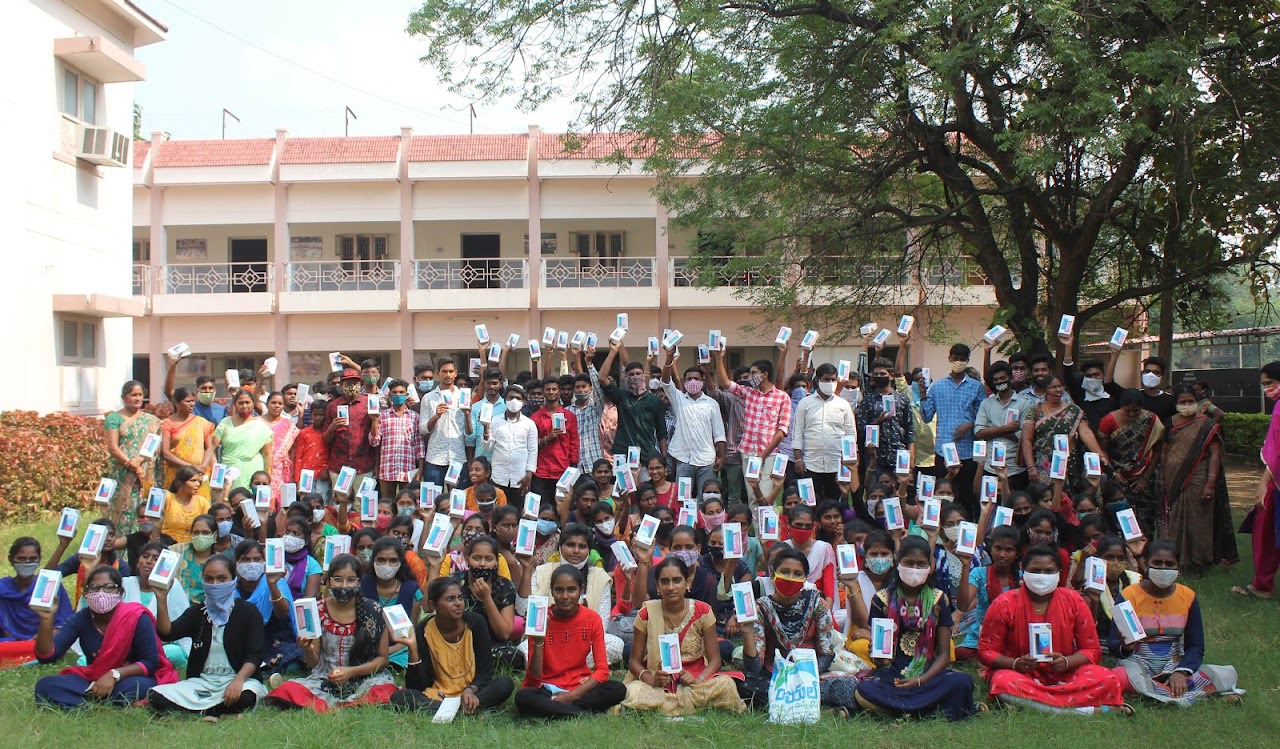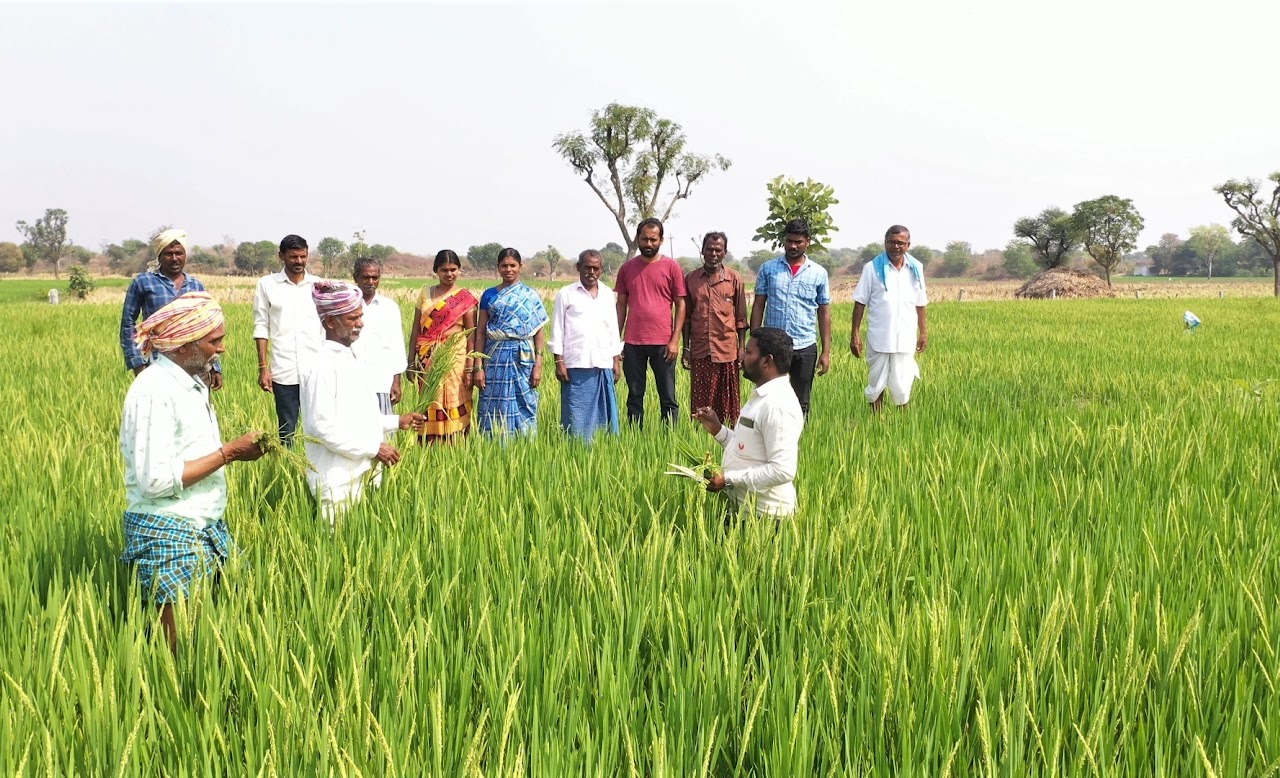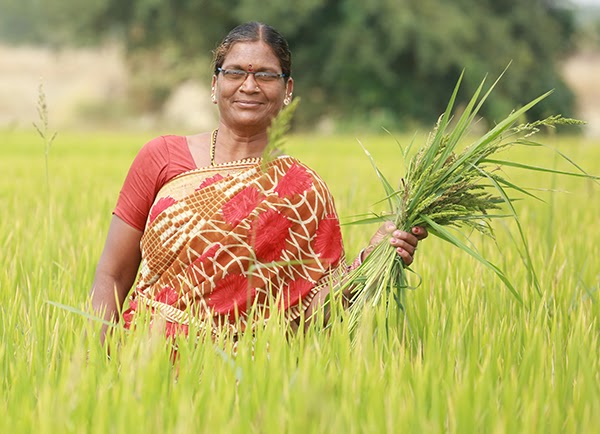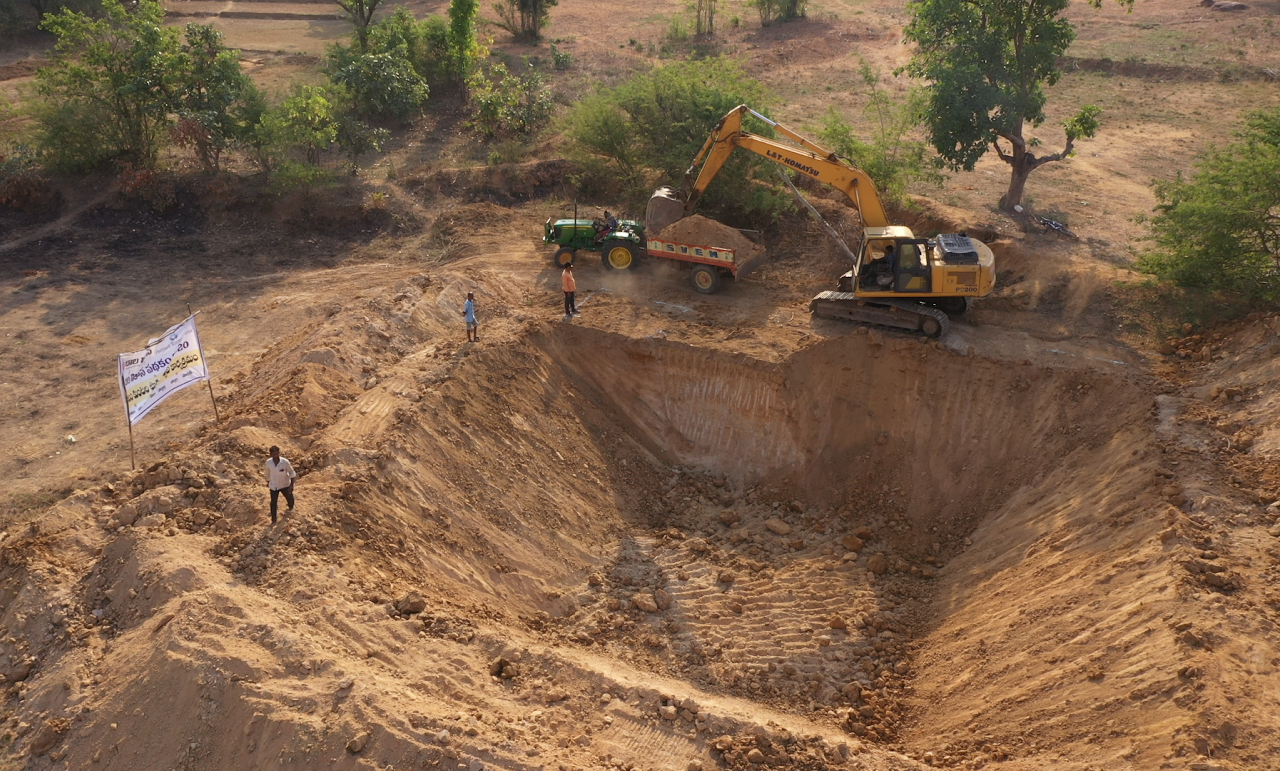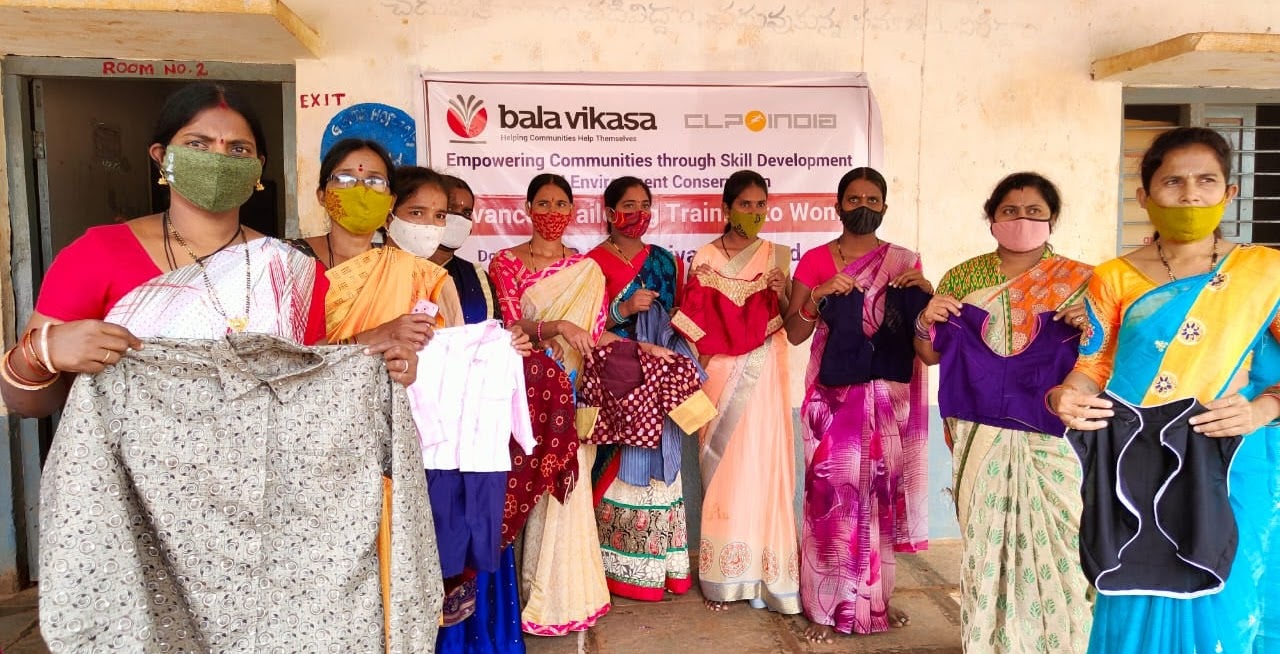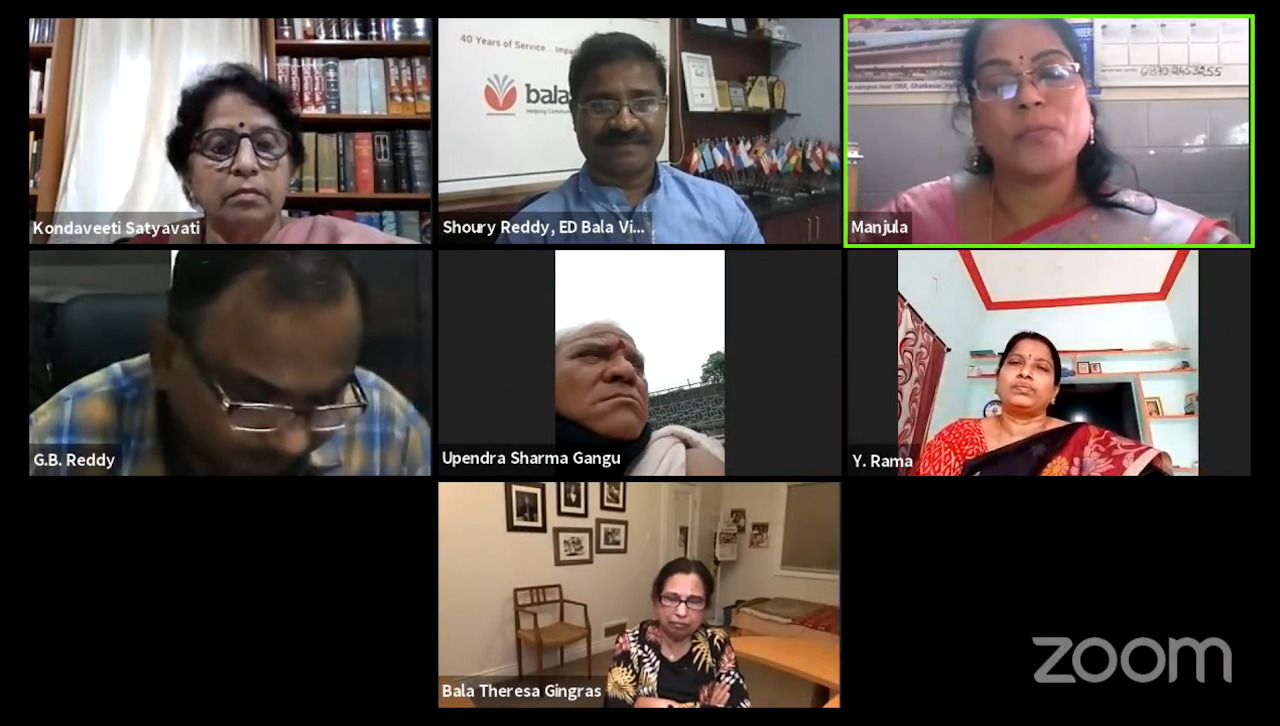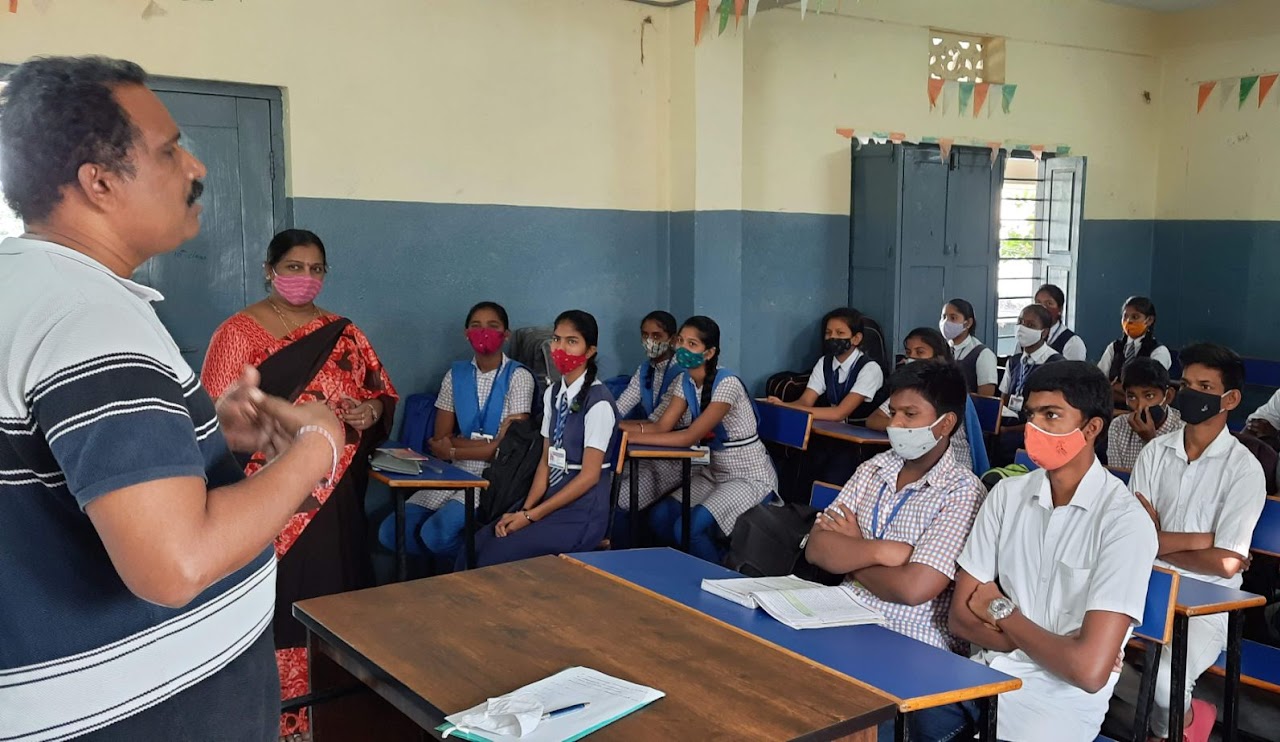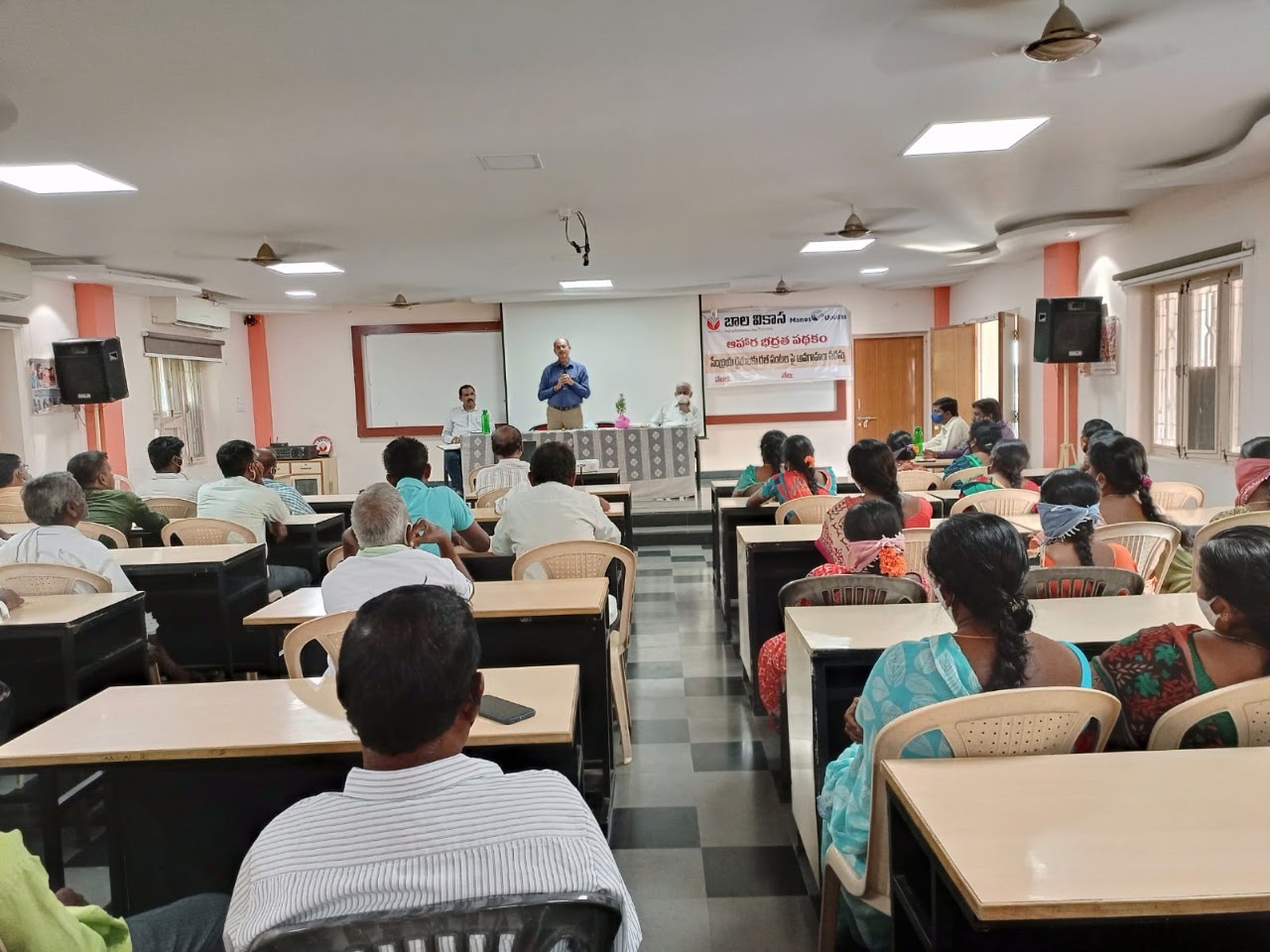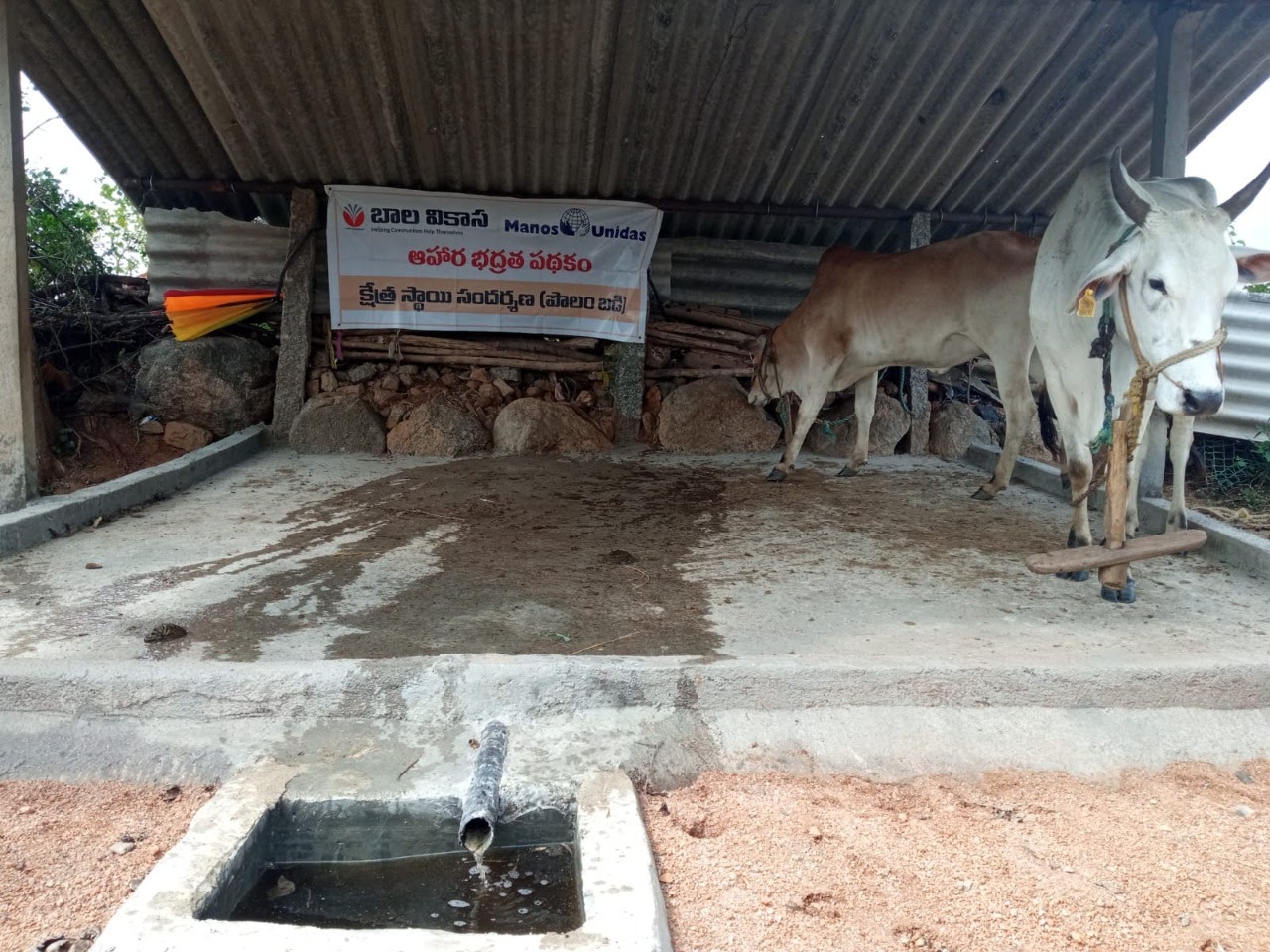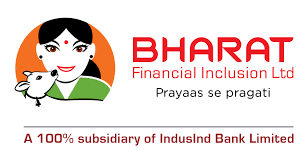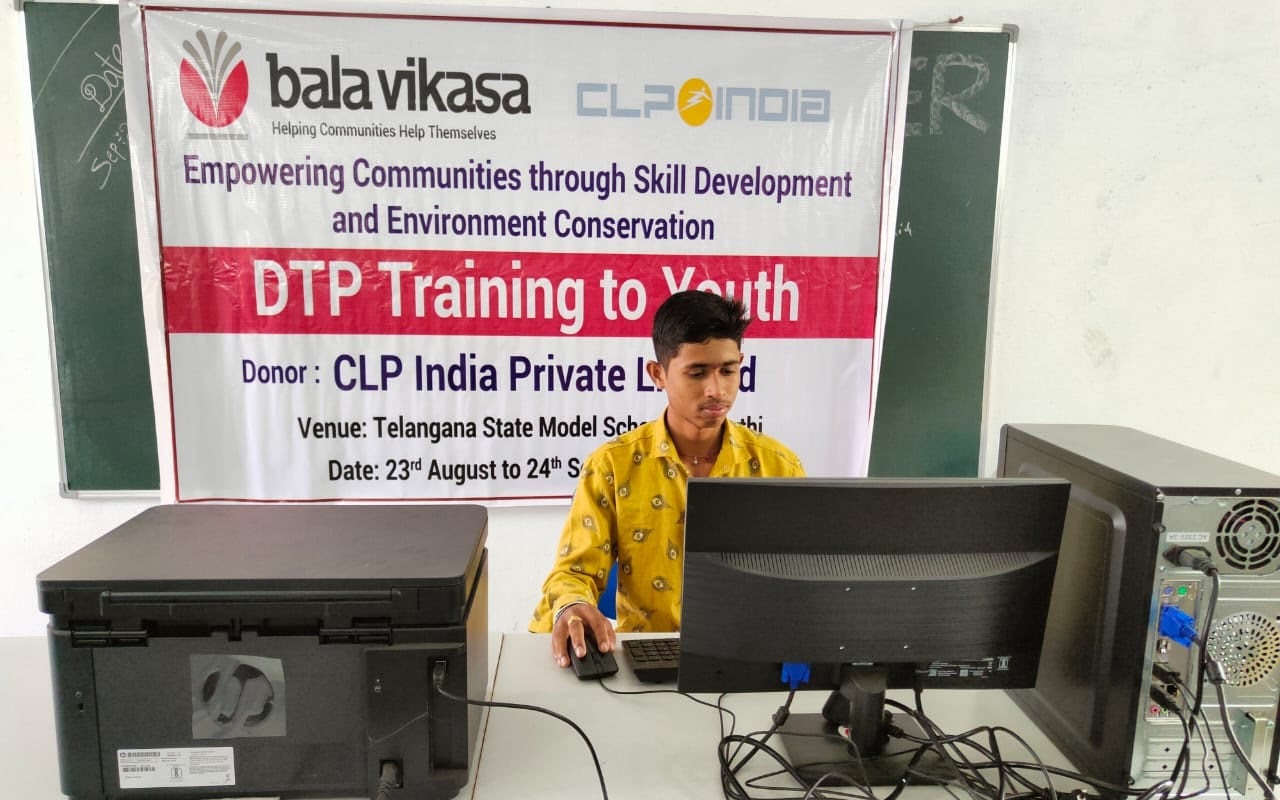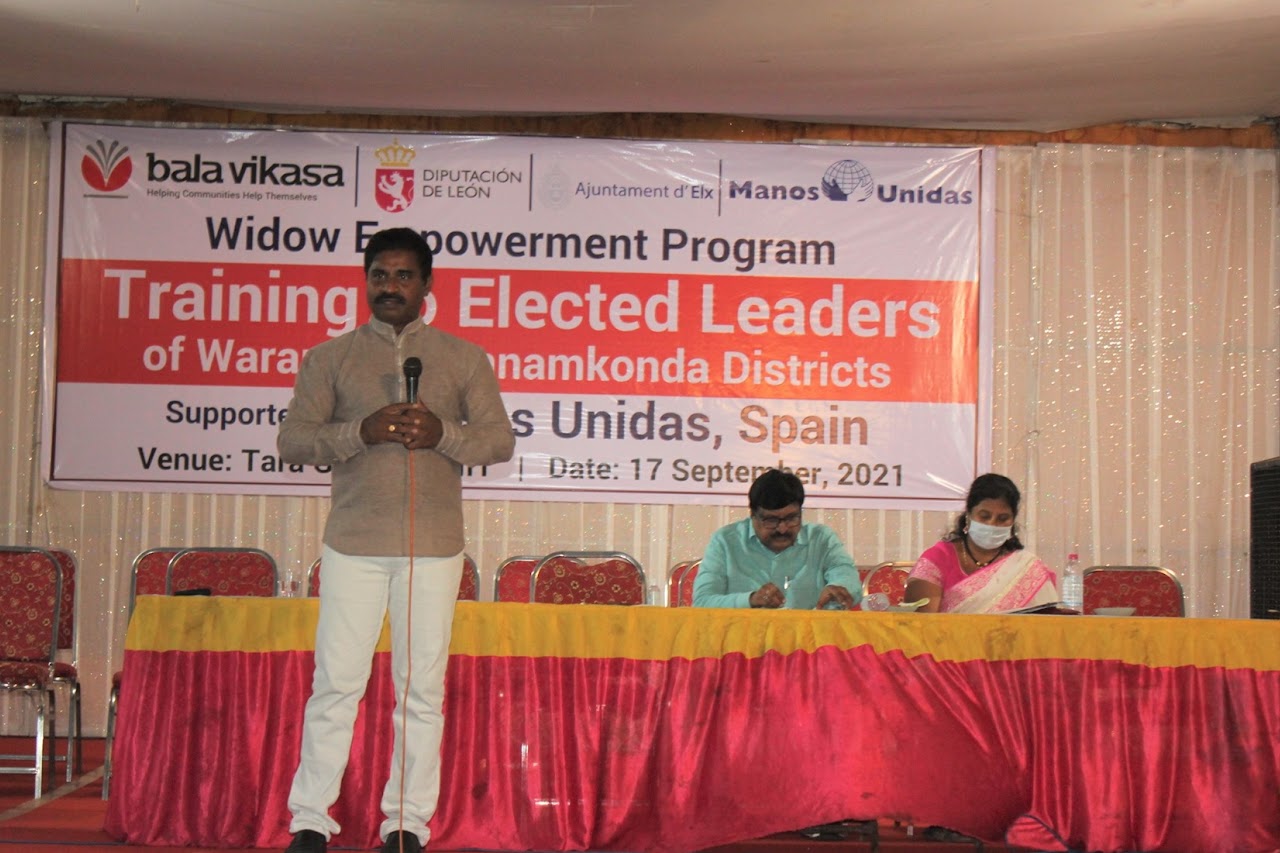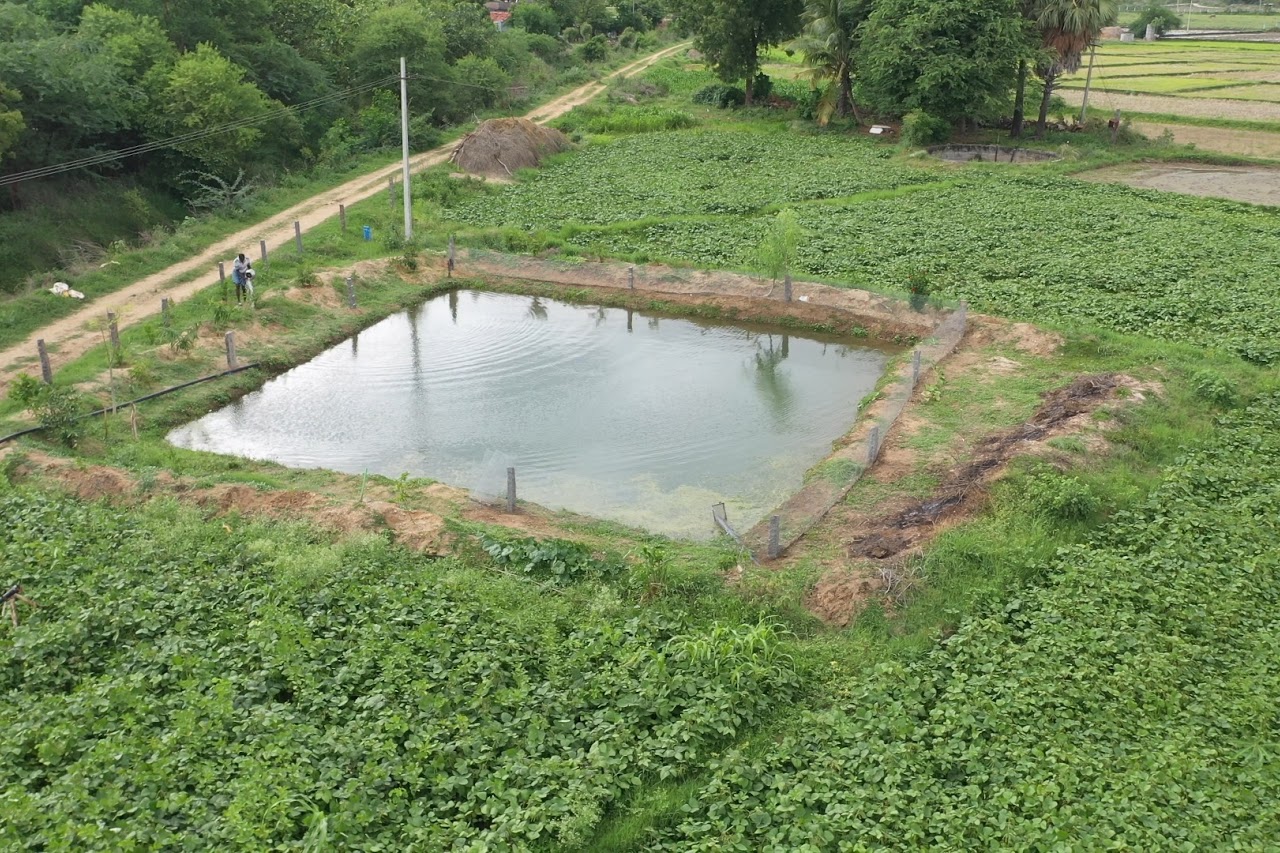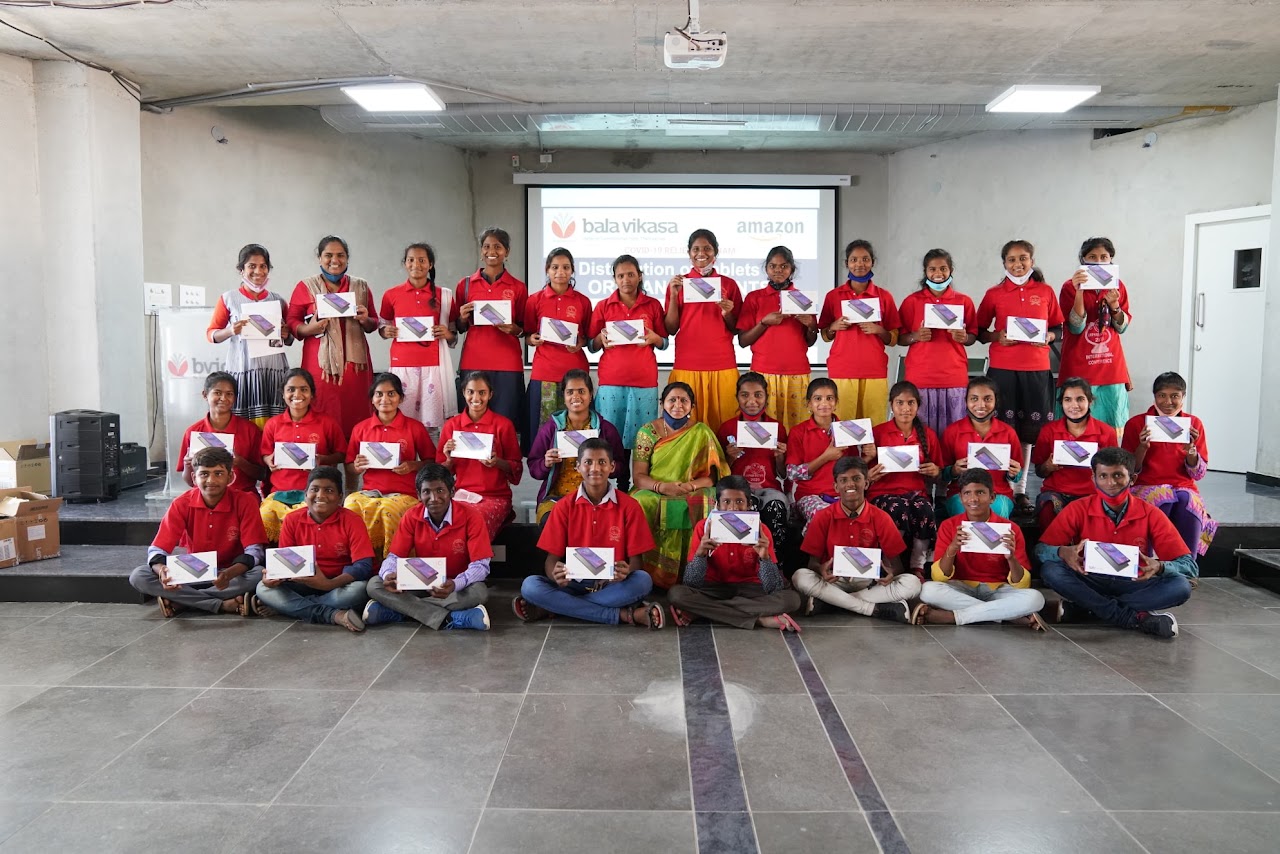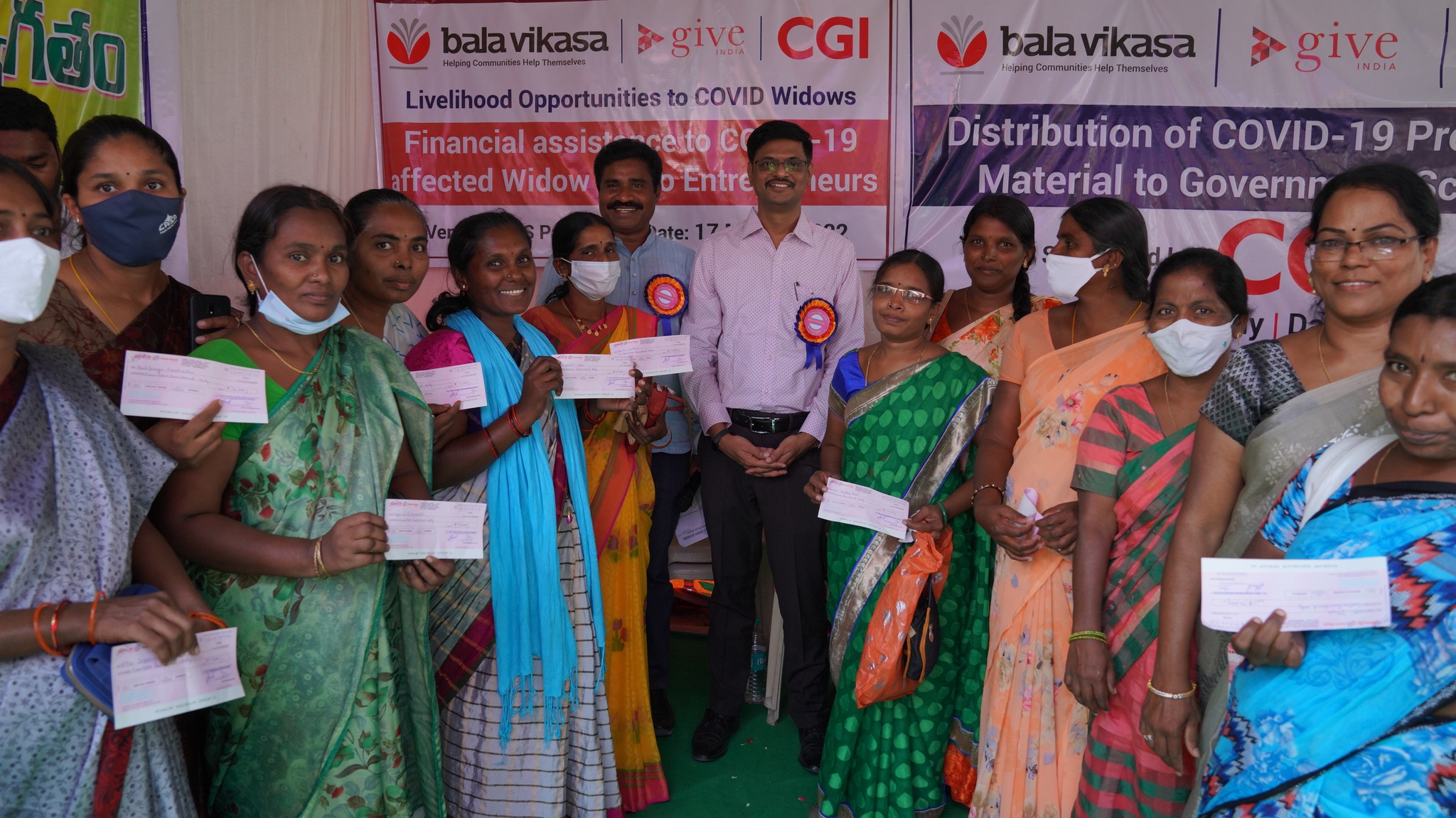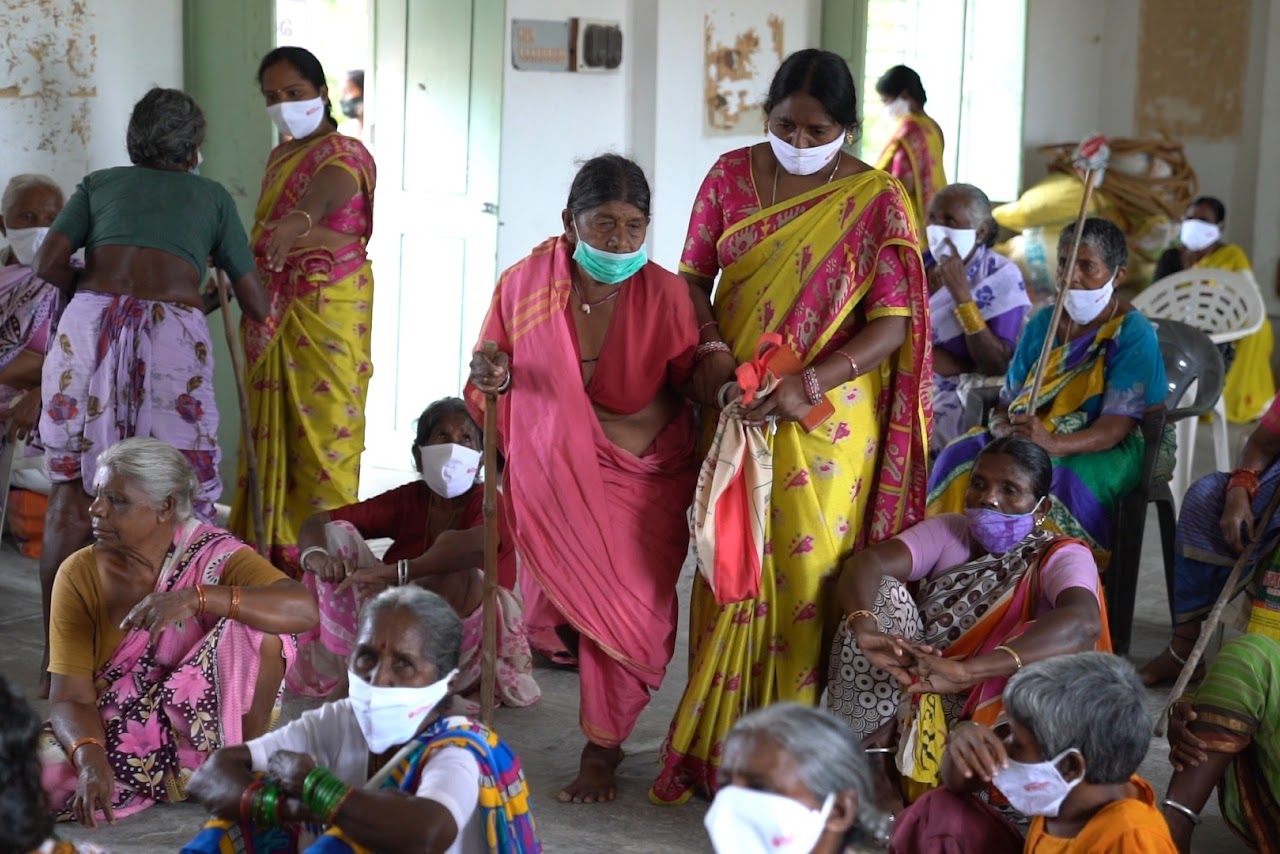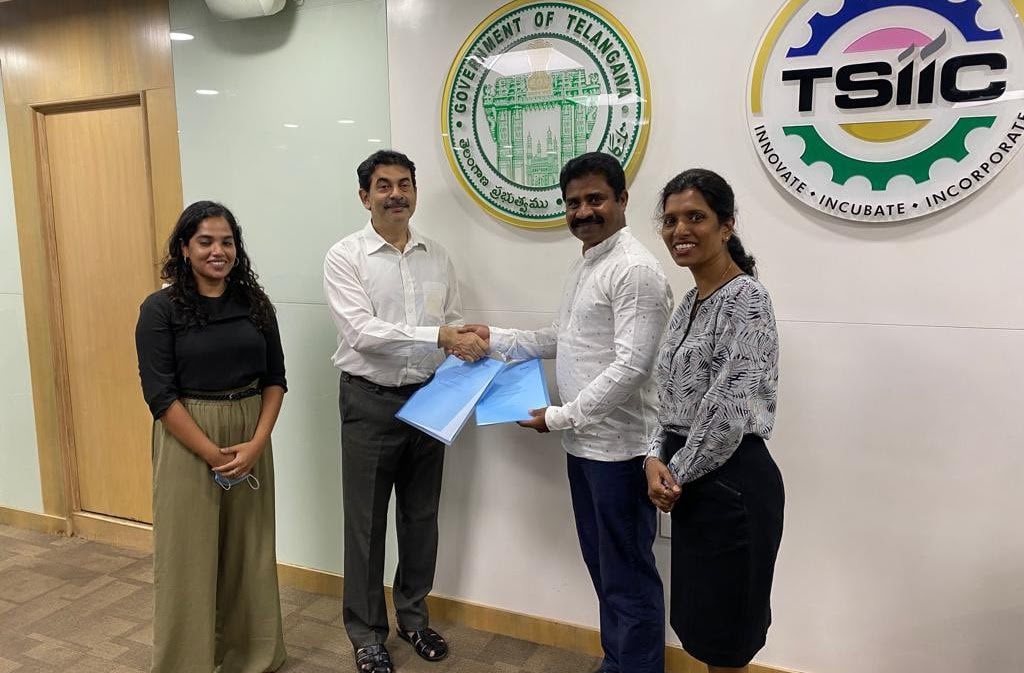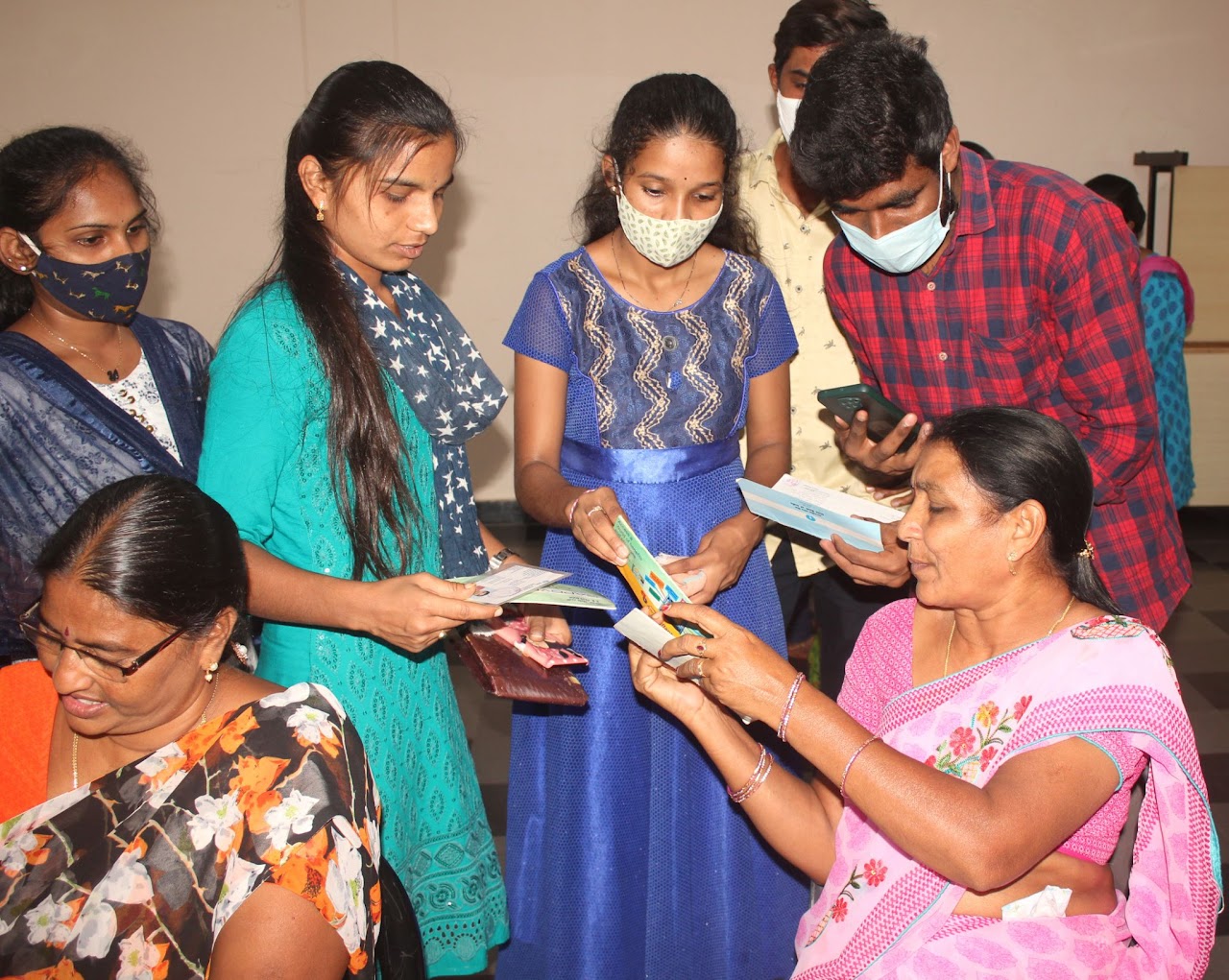Social Entrepreneurship: A CSR Opportunity Awaiting Its Moment
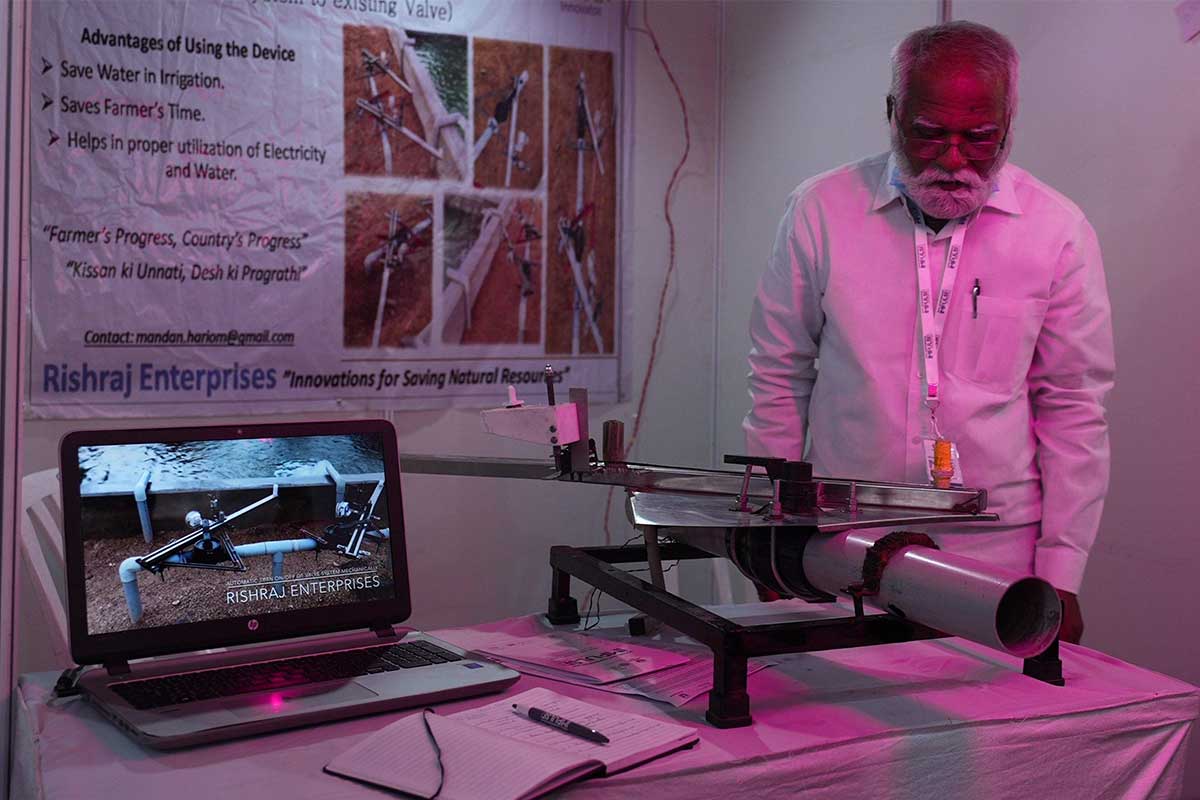
Widespread global acceptance that traditional development models based on charity, philanthropy, humanitarian relief, welfare, and development assistance could not address all or some of the most pressing socio-economic challenges faced by communities across the world led many to explore alternative models that provide appropriate solutions, especially from the locus of scale and sustainability. A common thread in this discourse has been the role of private enterprises, market-forces, and business models to tackle social problems.
Correspondingly, India’s development story too witnessed a turning point in the 90s with various economic reforms that emphasized a market-driven economy to stimulate socio-economic development. The past three decades have witnessed significant improvements in India’s socio-economic development indicators as a result of a free-market economy, increased business activities, public-private partnerships and similar drivers. The role of entrepreneurs and businesses in driving a nation’s growth and development trajectory is all too evident.
However, the past decade has been marked by calls for increased involvement of entrepreneurs and businesses in driving socio-economic development not as an afterthought but as a core business proposition. Two important approaches that have emerged in this discourse, and have been topics of great deliberation in the context of advancing India’s growth story, are ‘Social Entrepreneurship’ and ‘Corporate Social Responsibility’.
The Center for Social and Responsible Business (CSRB), a flagship institution established by Bala Vikasa which seeks to build alliances between the for-profit and nonprofit worlds for the greatest social good, looks at both these approaches through the lens of sustainable and equitable development, where current status and corresponding needs of marginalized take centre stage. This approach by BV advocates for greater synergy between business and non-profit world to unlock their full potential in accelerating sustainable development. While the envisioned stage where equitable development takes centre stage is quite far, we discuss some steps that can initiate a serious process towards the goal.
Social Entrepreneurship : Creating Social Impact While Making Profit
The passion to leverage one’s creativity, intellectual capital, and business acumen to solve critical social problems or resolve social needs, and create sustainable impact forms the basis for social entrepreneurship. However, knowledge, awareness and education on social entrepreneurship have not permeated the public sphere much. Consequently, some of those who are engaged in social entrepreneurship do not identify or categorize themselves as social entrepreneurs, and may not be fully acquainted with the idea of social entrepreneurship. Many promising social innovators have not been able to capture public attention due to their inability to turn their social innovations into products and build viable business models around them. Efforts to build their knowledge, attitudes, and skills and to connect them with resources, markets and enablers are fundamental for social entrepreneurs to assume a leading role in creating and managing sustainable social impact.
Sustainable Development: The Business Case for Social Entrepreneurship
Bala Vikasa’s successful journey as a pioneer in Community-Driven Sustainable Development has been possible because of certain irrefutable development principles that guide all its activities. At a very rudimentary level, the potential of Social Entrepreneurship in sustainable development could be understood by simply testing it against these development principles.
The first principle posits that development is people. Social entrepreneurship, as an approach, is centered around people and their reactions and responses to the social challenges around them. The ideas, innovations, and solutions emerge from the community because of problem-solving approaches and seek to provide pathways to overcome prevailing handicaps, exclusions, and mismanagements. It builds on the inherent knowledge, skills and attitudes of people who wish to be change agents, something that Bala Vikasa advocates for strongly as it deploys the Asset-Based Community Development (ABCD) approach in all its programs instead of various needs-based approaches.
Social entrepreneurs exhibit the intent to radically reframe business thinking, to go beyond generating financial profits to creating social value; and therein comes to fore the intrinsic potential of social entrepreneurship to align with and produce a Triple Bottom Line (TBL) much truer to its call i.e., economic results for the enterprise with significant impacts on the economy, impactful social results for all the people involved, and sustainable results for the environment. The fact that many businesses have been able to enhance their profits by caring for the people and the planet validates two more principles: that development is a change of attitude and that it builds on results and credibility. Further, unlike other development models, Social Entrepreneurship has the potential for clearly defined, measurable performance measurement indicators and results-chains which can be immediately acted upon.
However, the biggest challenge for Social Entrepreneurship lies in the long waiting periods for realizing results. But, herein comes into play another key principle that development is long term. Addressing complex social challenges involves dealing effectively with difficult, multilayered, and interconnected issues and cannot be achieved through simplistic stopgap assistance models anyway.
Another guiding principle of Bala Vikasa asserts that development is not free. Social entrepreneurship takes the idea that development cannot be sustained if people do not contribute to the project and pushes it to the next level. The fact that people pay for the services makes them equal shareholders in the process with full rights, allowing scope for the interactions to be highly participatory and iterative.
This alignment with critical success factors of sustainable community-driven development makes a strong case for pursuing social entrepreneurship as a necessary path to creating lasting social impact.
Corporate Social Responsibility: Beyond Spending Profit for Social Impact
While the conceptual framework for Corporate Social Responsibility (CSR) extends it an encompassing role, the applicability of CSR in India has been confined largely to the technical reading of India’s CSR Act that mandates 2% spending towards specific activities for socio-economic development. Even as many businesses have begun to fully embrace the spirit and intent behind the enforcement of CSR laws, compliance continues to be the most important consideration for CSR implementation.
For Bala Vikasa CSRB, CSR’s potential for uplifting poor communities and delivering sustainable social impact has been the most important consideration; and rallying its implementers around this cause, a critical mission. Social Entrepreneurship assumes great significance in the context of delivering scalable, sustainable impact and therefore demands great attention from and integration into CSR design and implementation.
Social Entrepreneurship, CSR, and Sustainable Development: An Appraisal
The India CSR Outlook Report 2023 by CSRBox presents a comprehensive trend analysis of CSR spent over the past 9 years based on corporate priorities and preferred thematic areas. Healthcare, WASH, Education and Skills sectors have combinedly absorbed over 60% of the CSR outlay every year. Incidentally, a significant number of social businesses have also been working in these sectors. However, a general reading of the development environment, in which Bala Vikasa has been an important and long-standing player, indicates that there is a clear preference for allocating CSR funds towards a set of traditional development activities than it is towards social innovation or enterprises, even when possible within the same domains.
The hesitation could be due to the indirect nature of program results, long waiting periods, statutory ambiguities, practicalities around tracking last mile beneficiaries, risks of social startup failures, and underdeveloped understanding about the dynamics of the sector. The challenges around communicating the rationale and results of CSR in this space to shareholders, especially when there are strong implications for corporate brand building, talent acquisition, social licensing efforts, also contribute significantly to the hesitation.
Bala Vikasa’s business case for Social Entrepreneurship could be a starting point to seriously explore and vouch for CSR allocations towards supporting social entrepreneurship. However, even if everything aligns at the CSR implementer’s end, the fact remains that there are not many social startups or innovations that are delivering promising results and that too calls for attention. Activities that promote social entrepreneurship and create impactful social businesses can be undertaken within the jurisdiction of activities specified in the schedule VII of Section 135 of the Companies Act 2013, and in line with the Companies (CSR Policy) Rules, 2014.
CSR and Social Entrepreneurship: Building Bridges and Crossing Over
The most preferred path for CSR in social entrepreneurship has been to support social startup incubation. While there has been an upward movement in this direction, a lot more can be done in this regard. Bala Vikasa CSRB has incubated three cohorts of social startups (24) so far without any CSR funding. The potential for identifying and supporting high-impact social startups would be exponentially large when backed by CSR grants. However, this requires that there are enough social entrepreneurs with necessary capacities and viable business models to get behind, which, unfortunately, is not the case.
This presents a bigger challenge and more opportunities for intervention. Bala Vikasa CSRB is one among a handful of institutions working to foster social innovation and promote social entrepreneurship among the broader community to address this systemic gap.
There is a great need to introduce the concept of Social Entrepreneurship to students who are in the process of deciding their career paths. Opening a window into the world of social entrepreneurship and educating them on the impact of such a pursuit would bring great attention to and participation in this realm. This would raise a new generation of social problem-solvers and change makers with market solutions to the challenges around them.
Another intervention area is developing and delivering high-quality capacity building programs for aspiring and budding social entrepreneurs based on their knowledge and skill gaps. Social entrepreneurs would need not just enterprise development education but also education and mentorship on impact design, management, and assessment to be able to deliver optimal results. Participatory development tools, positive psychology approaches, results-based management frameworks, and impact assessment tools such as Social Return on Investment (SROI) are necessary high-value additions that contribute to a social entrepreneur’s success in the business of impact. These are also the unique value propositions that Bala Vikasa CSRB offers in its social startup incubation and capacity building programs to strengthen the scale, sustainability, and success of social enterprises, all of which help with building the confidence of CSRs in supporting social startups.
These provide direct CSR engagement opportunities through the activities route in the areas of education, skill development, mentioned in schedule VII of Section 135, and cover many other areas indirectly, at an outcome level, based on the enterprises’ focus areas.
Employee Volunteering Programs, too, hold great promise in building strong and effective social enterprises as resourceful human capital plays a transformative role in steering social enterprises and business owners in the right direction.
A massive, and relatively easier, opportunity for CSR (as a larger conceptual framework) lies in incorporating social enterprises into corporate supply chains to pursue both business and social goals simultaneously. However, the challenge lies in locating the right solutions/enterprises considering that many social enterprises are yet to make their way into the market with required effect and noise. Associations of social enterprises by various categorizations could help make this easier and Bala Vikasa is building one such platform in the form of a pan-India federation of social enterprises.
Besides, there are also opportunities to work together through networking platforms like Impulse where social entrepreneurs, CSR professionals, development professionals, all converge to deliberate the present and future of Social Entrepreneurship, CSR, Sustainable Development and Social Impact.




